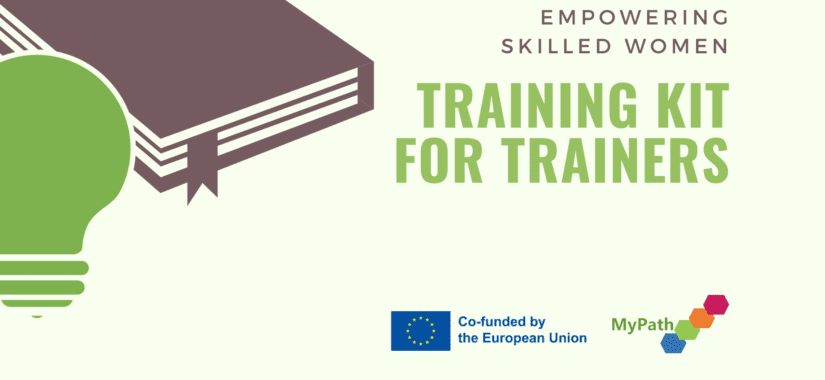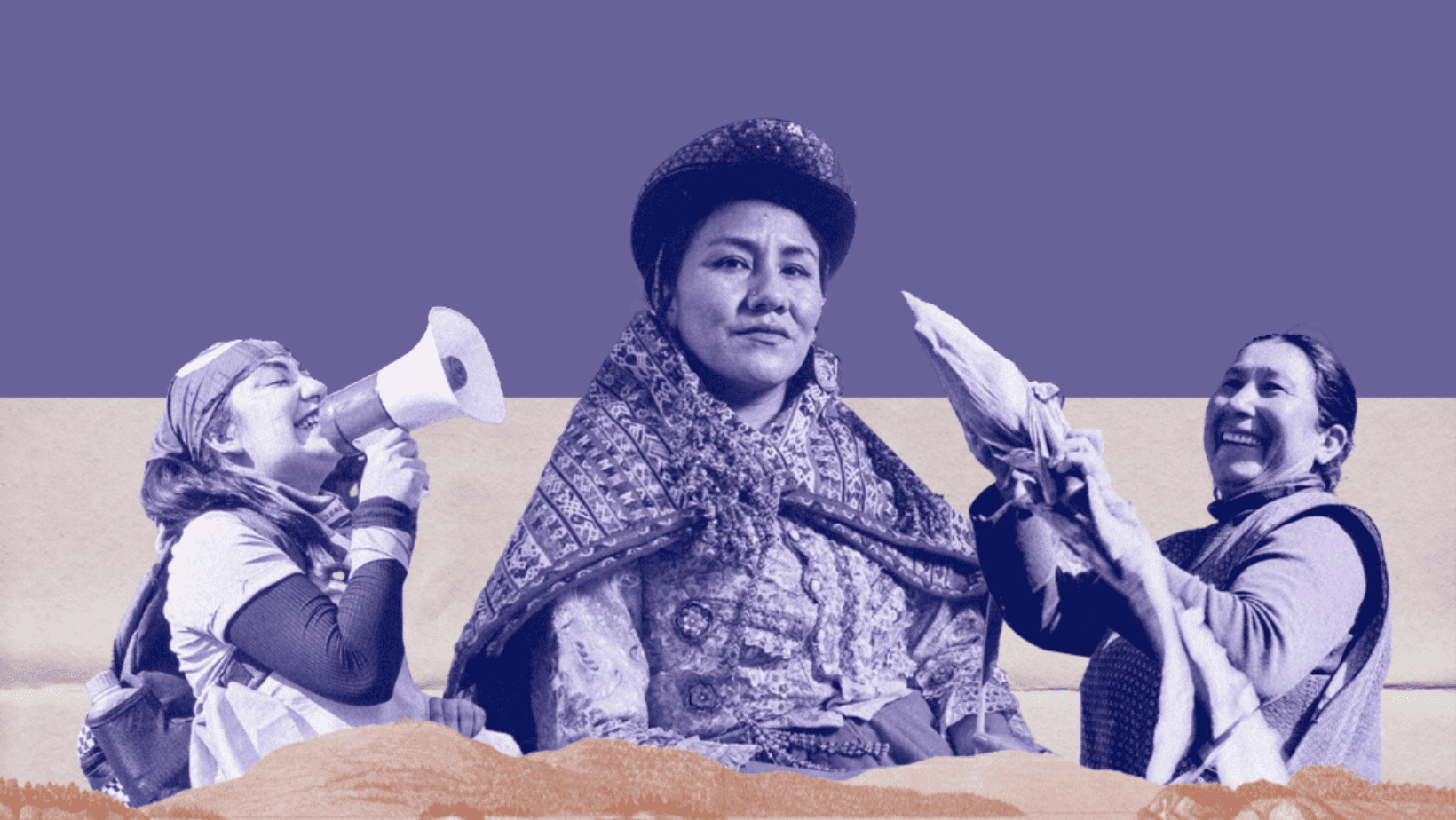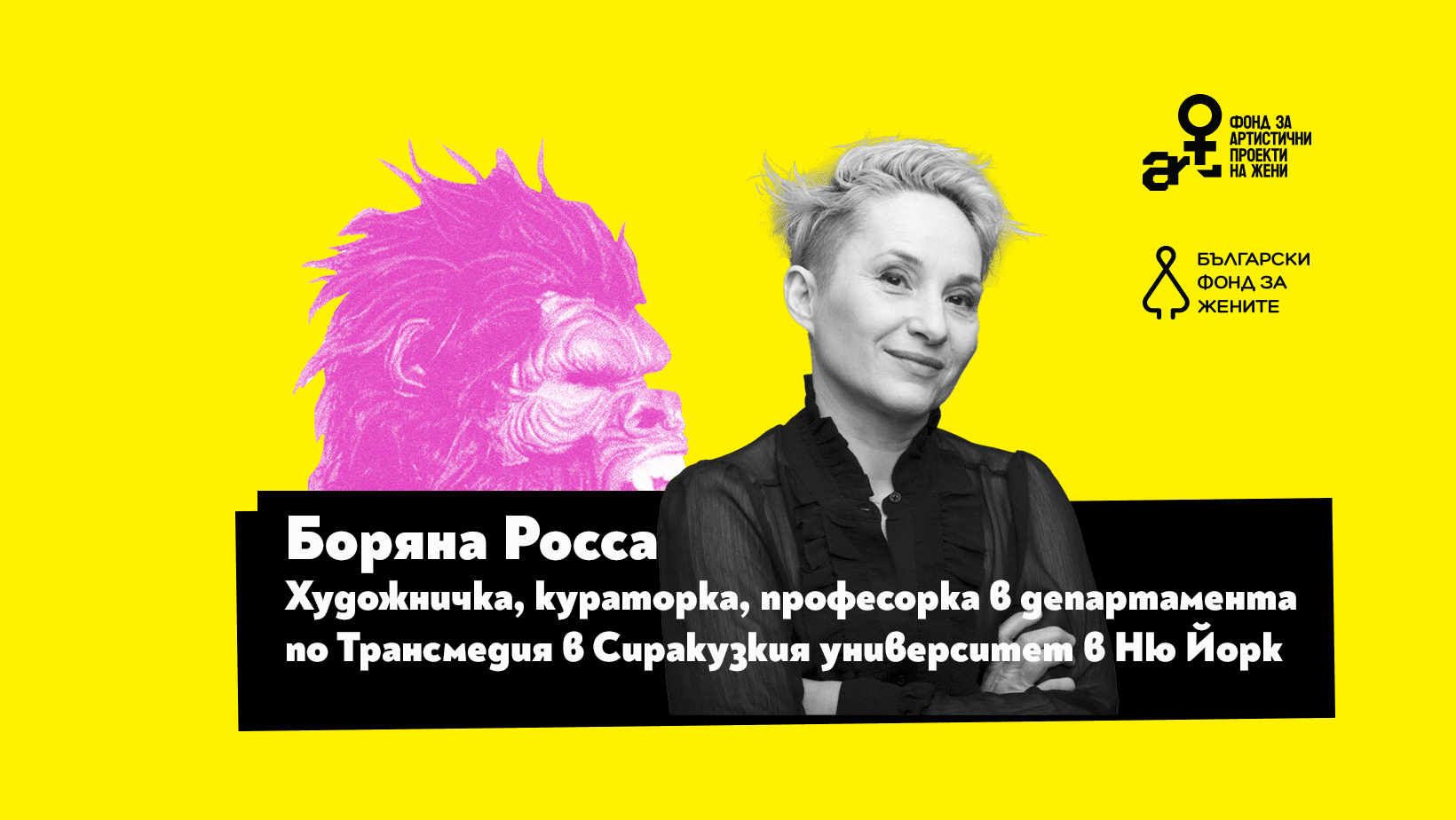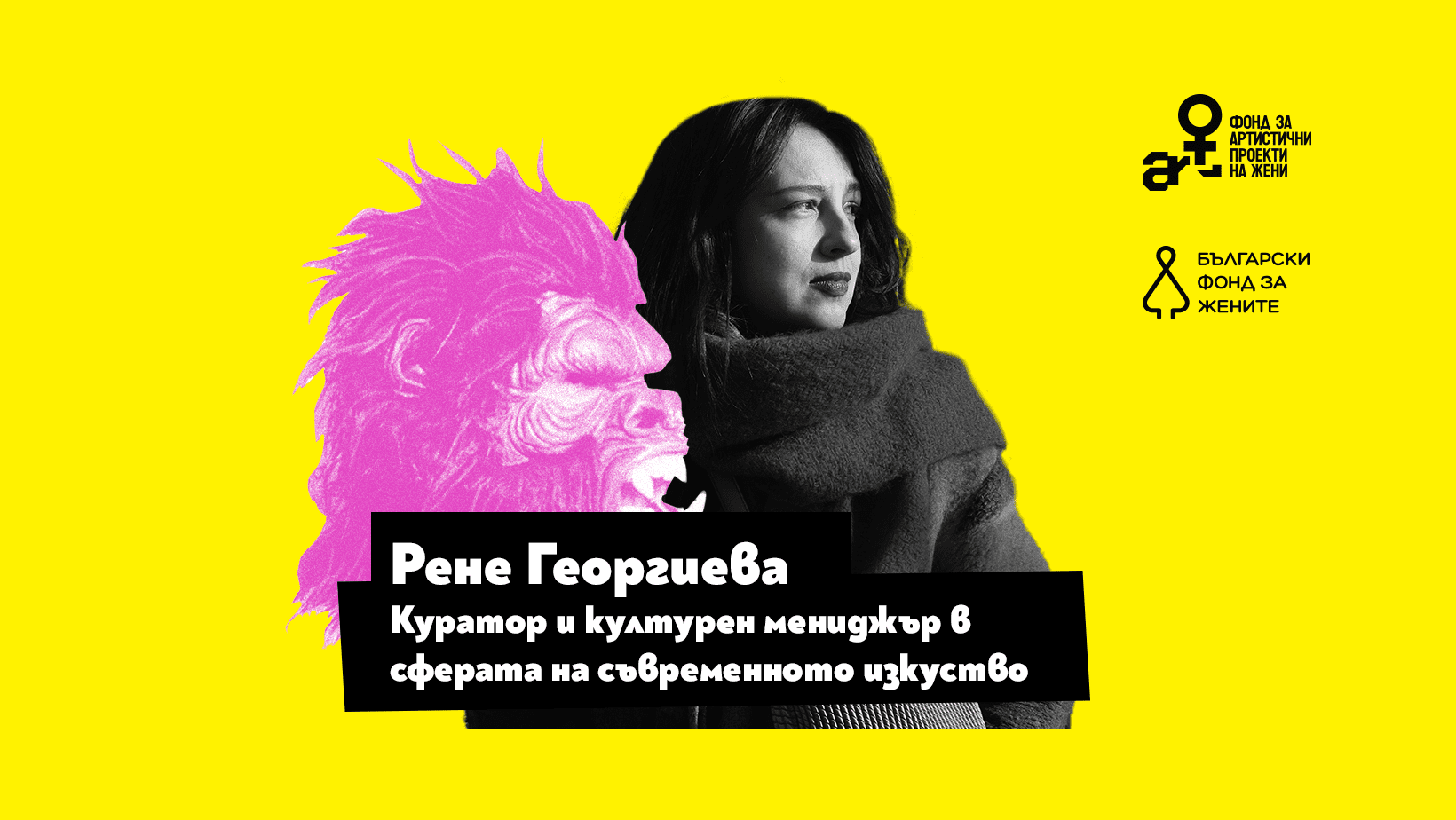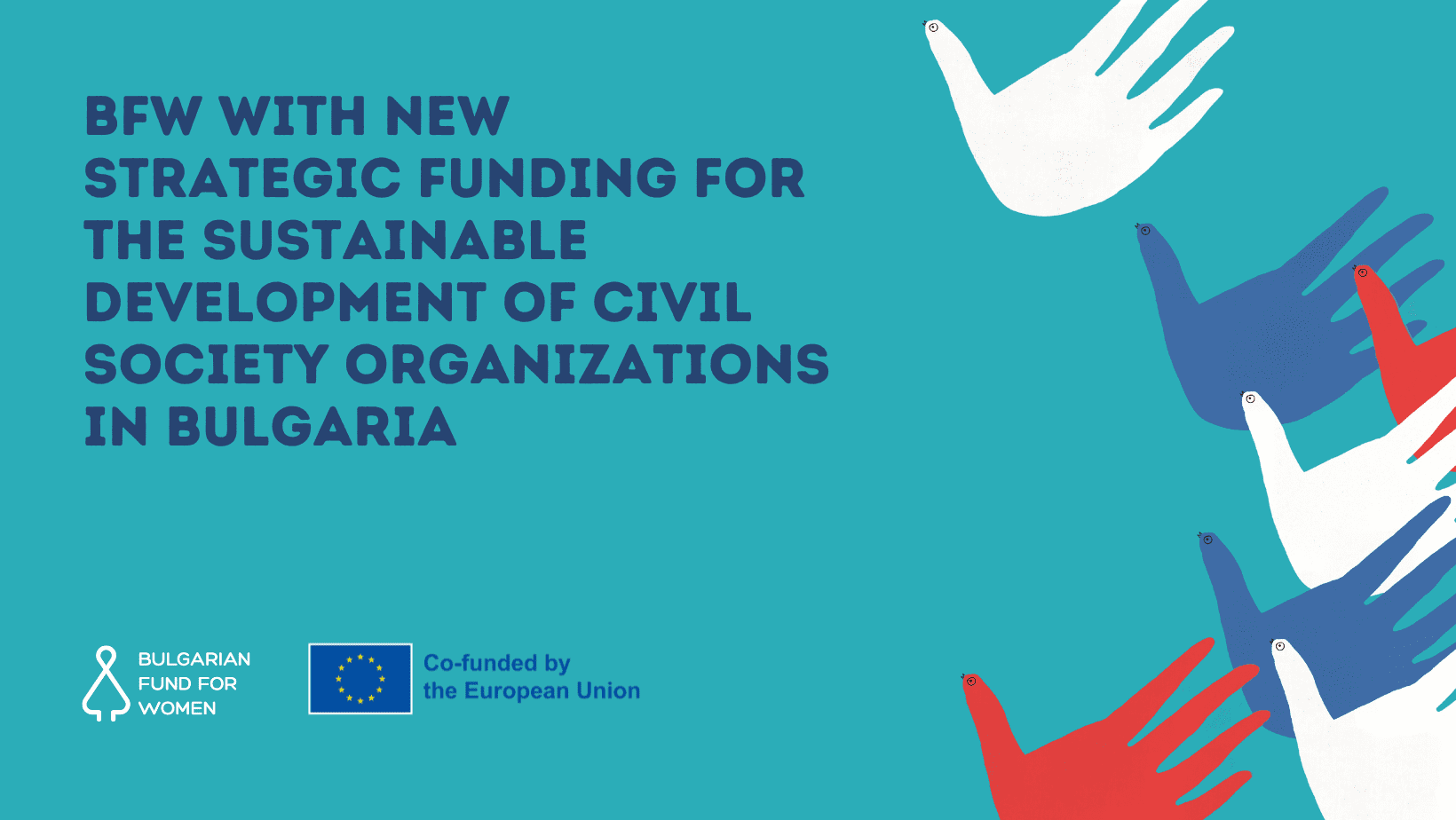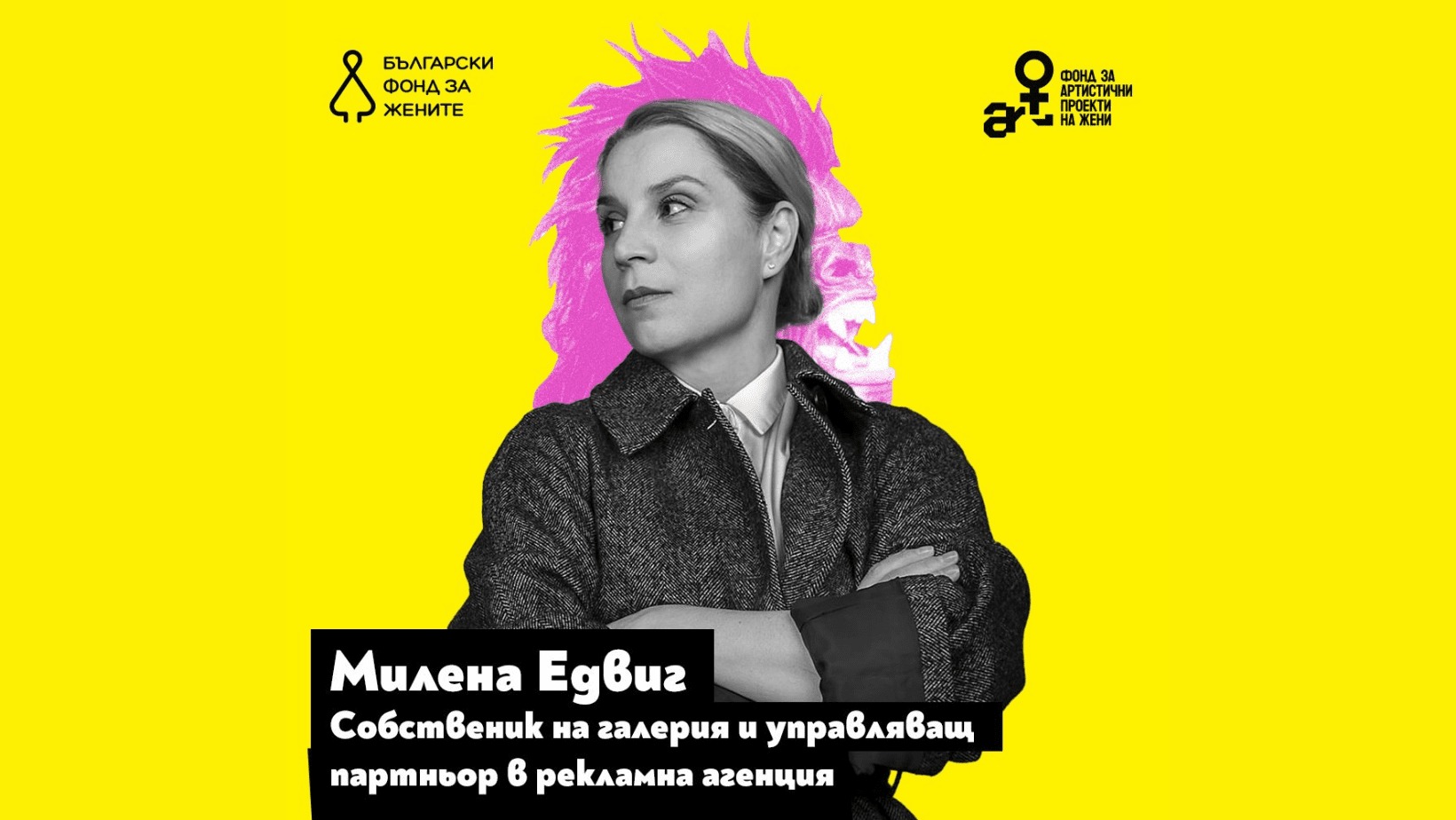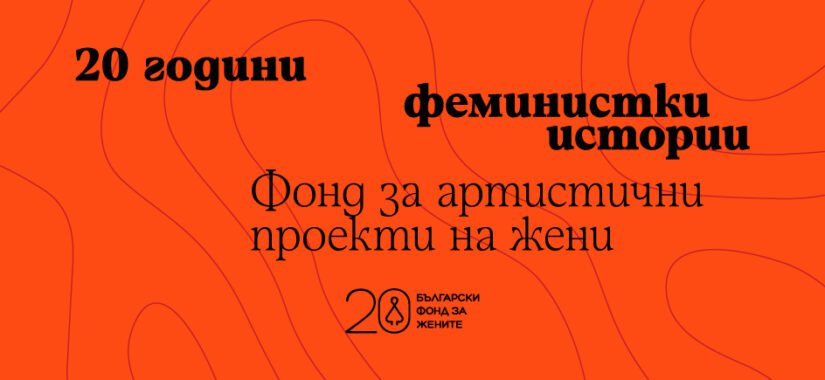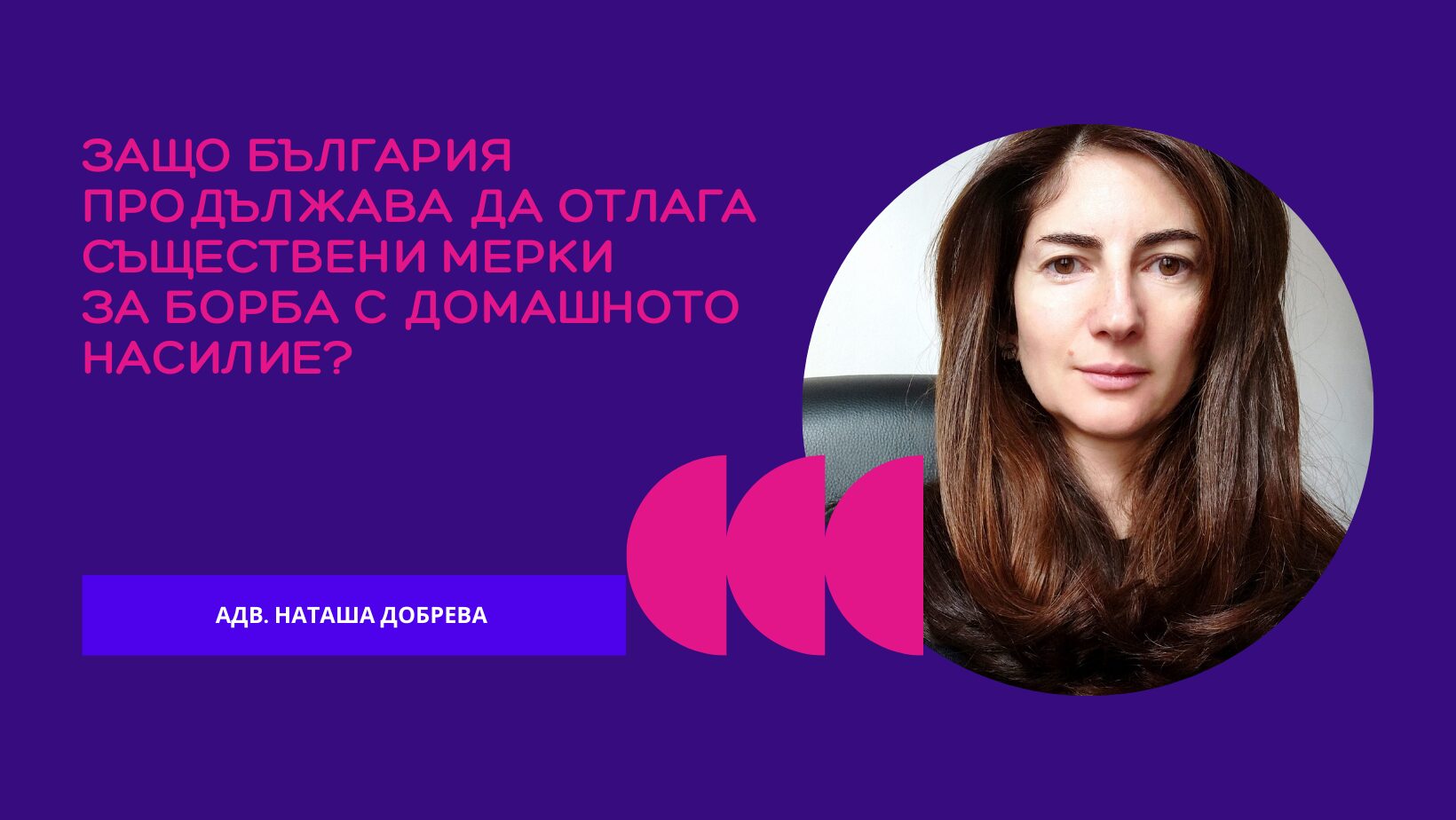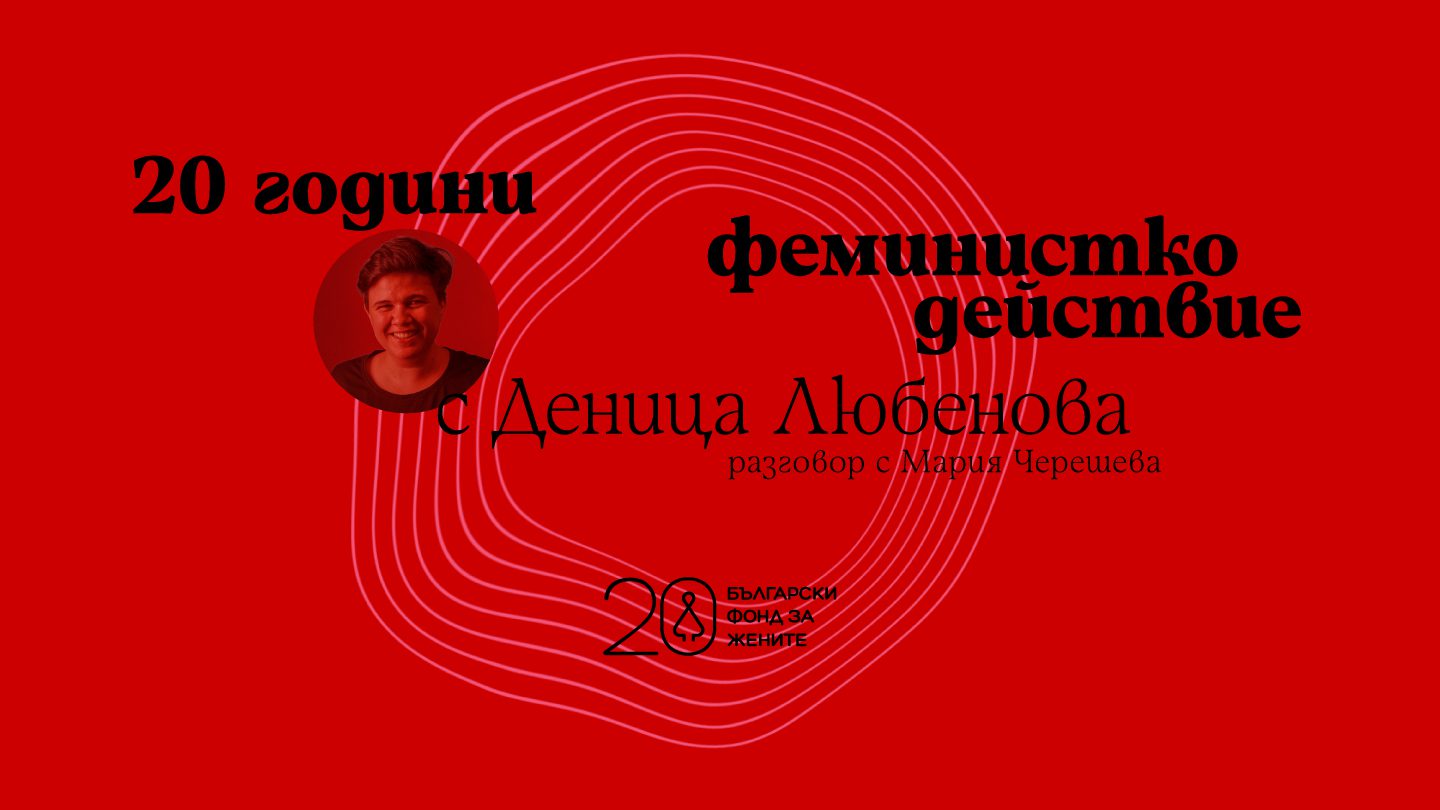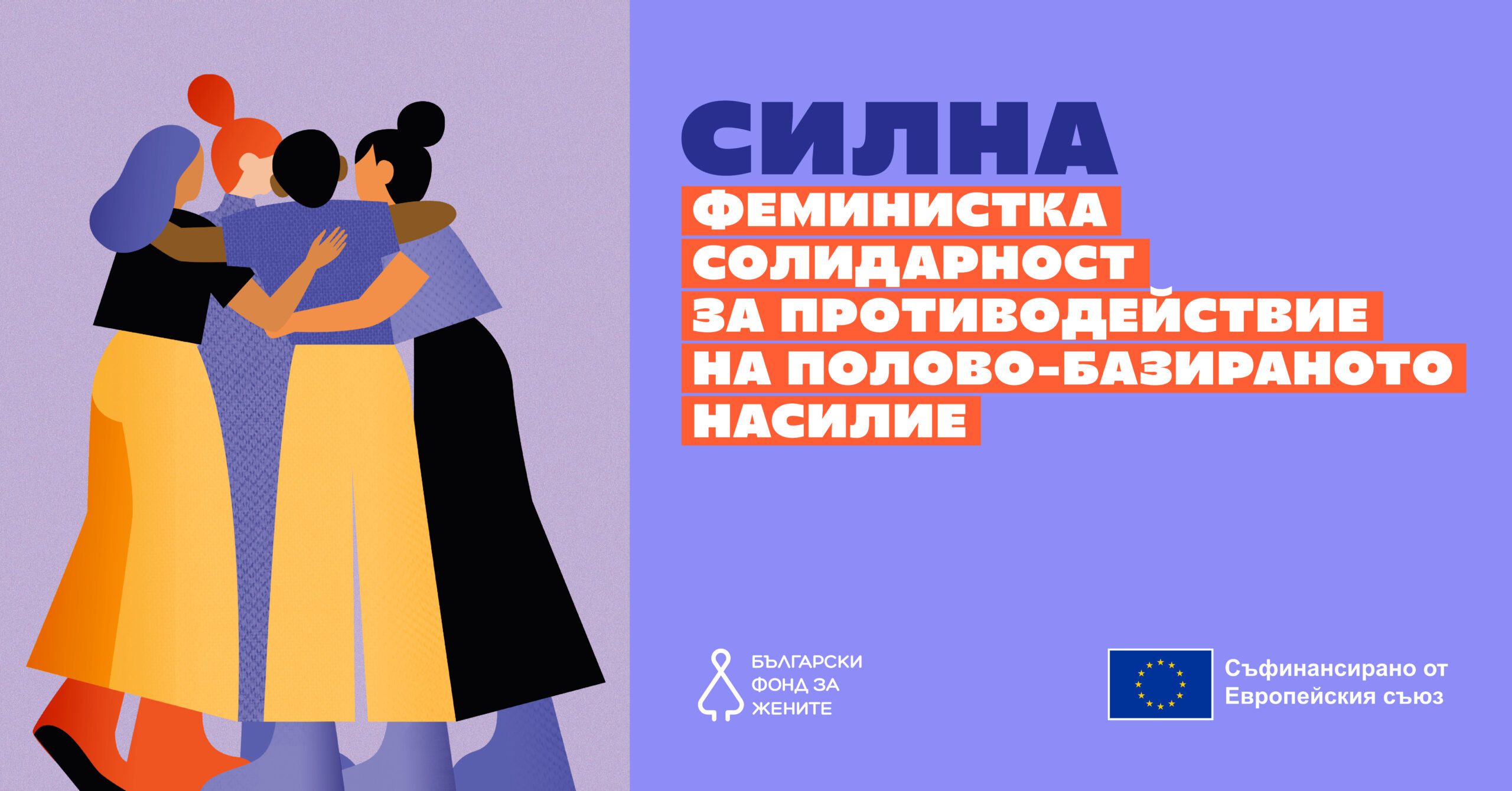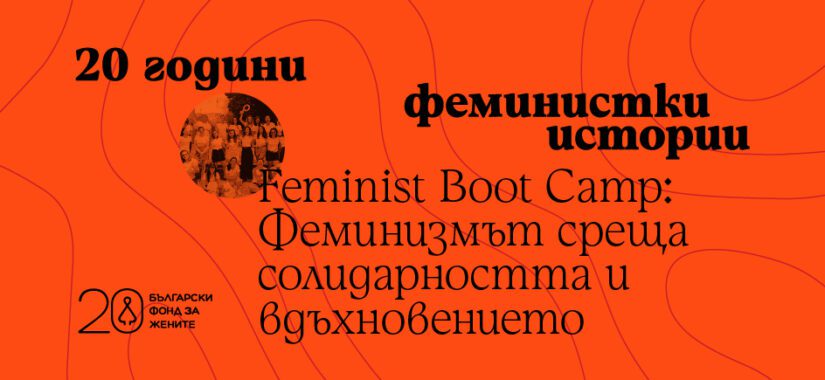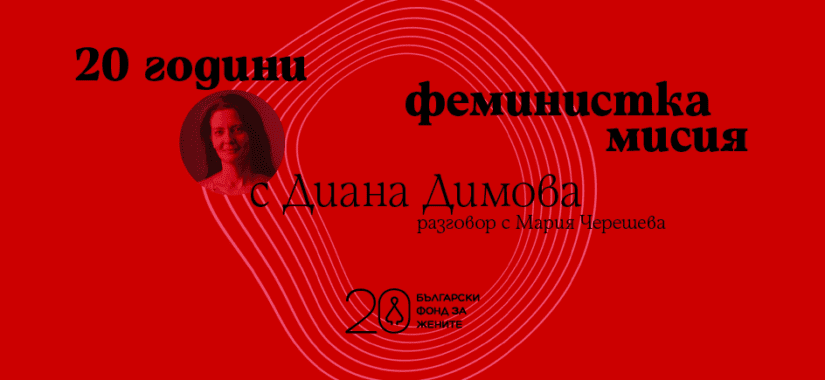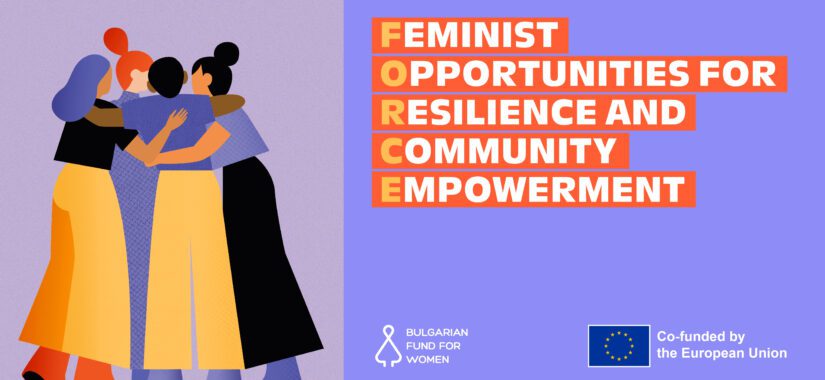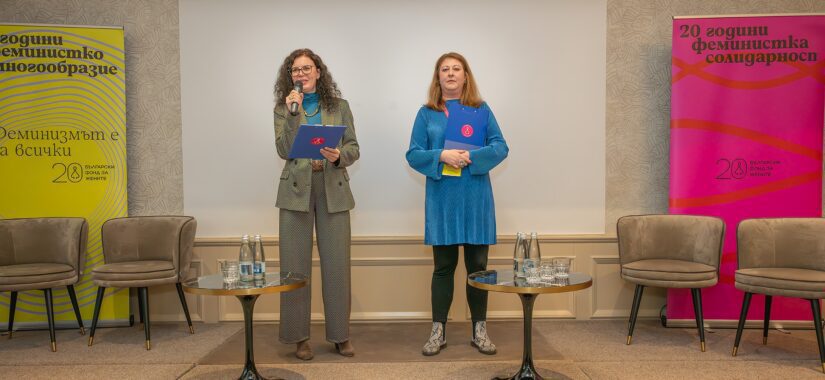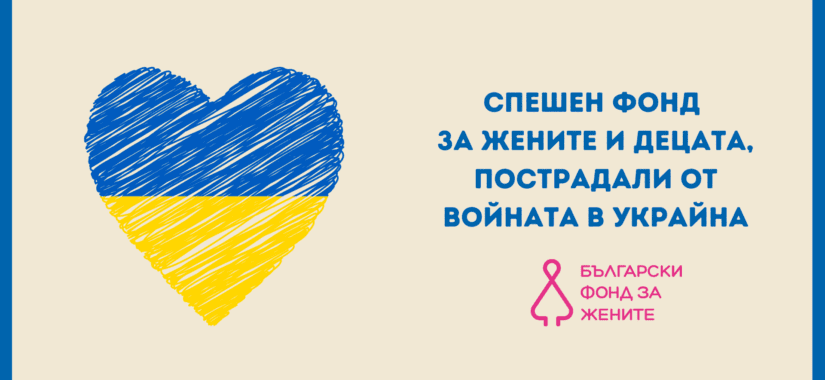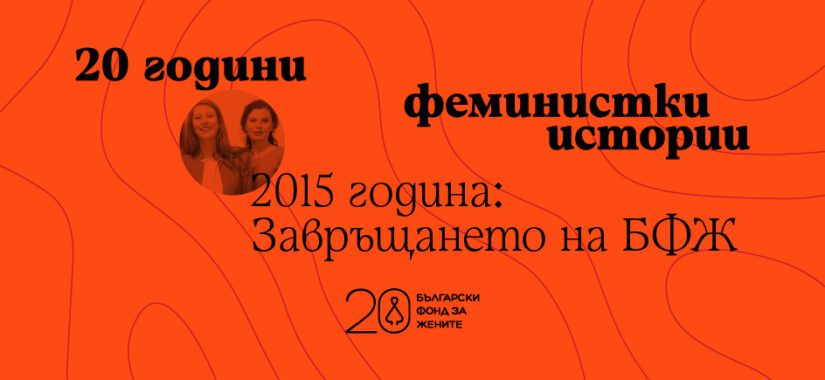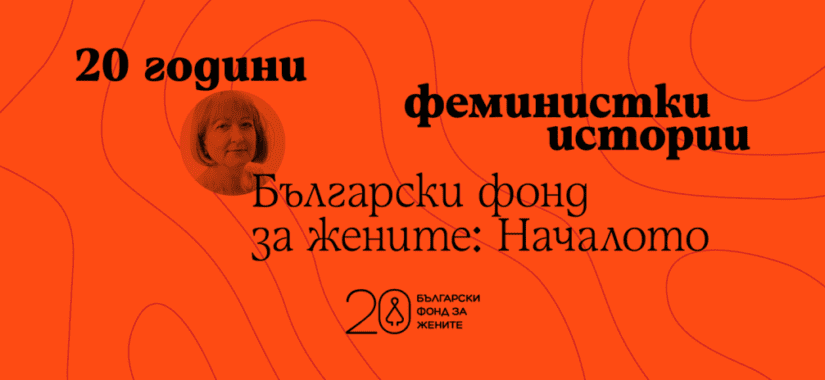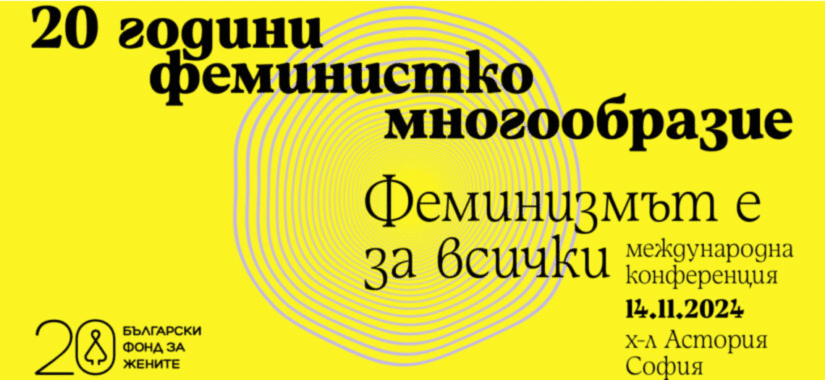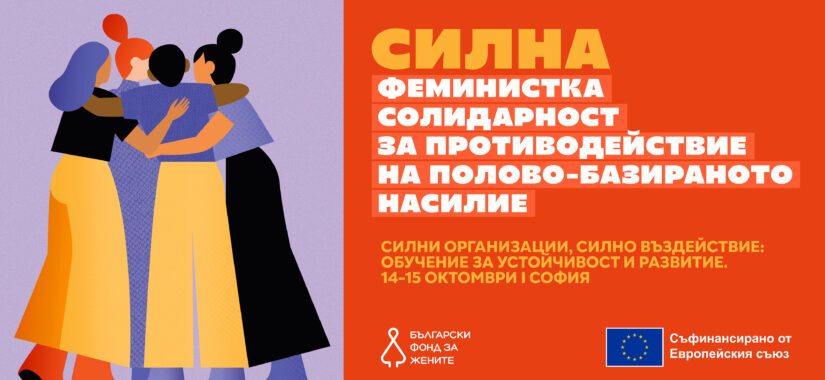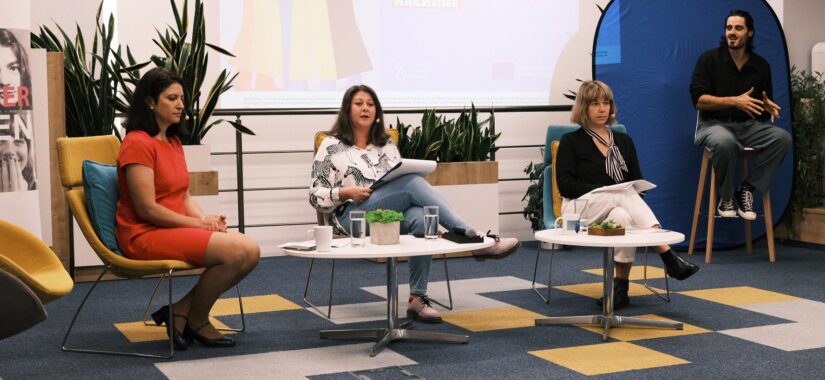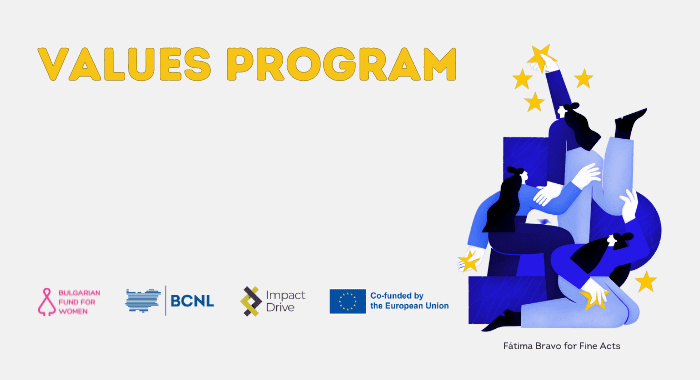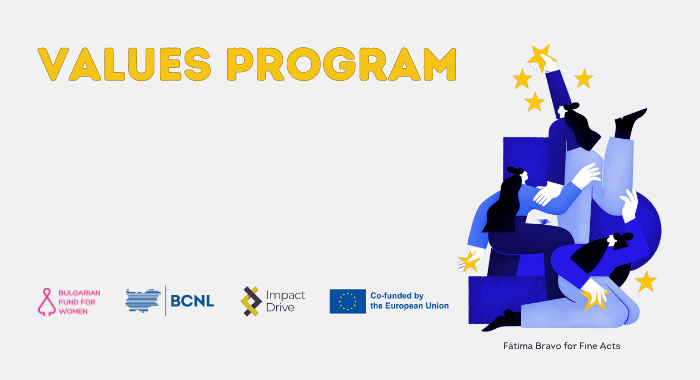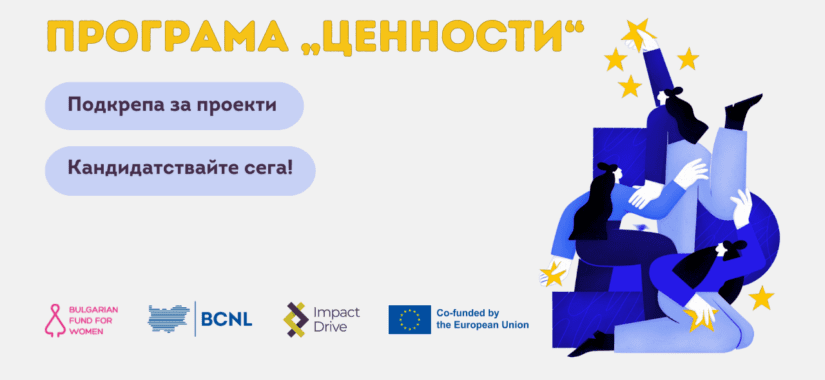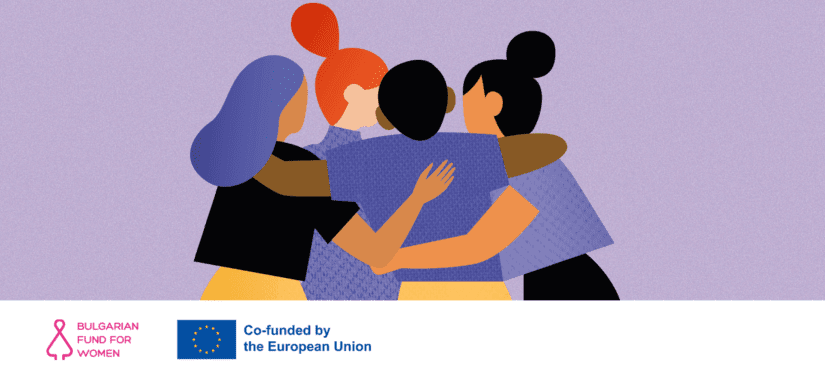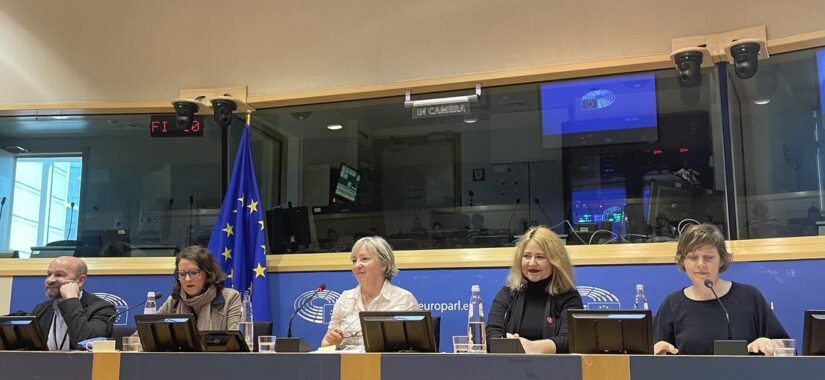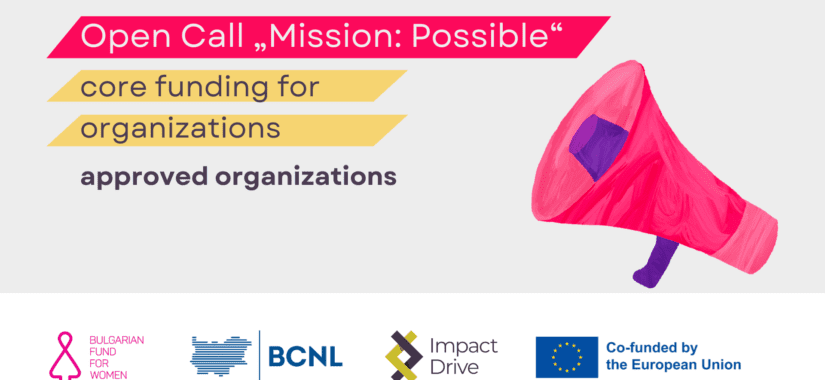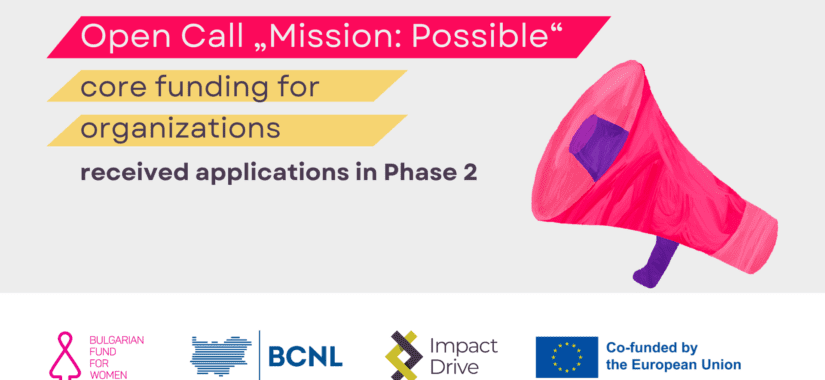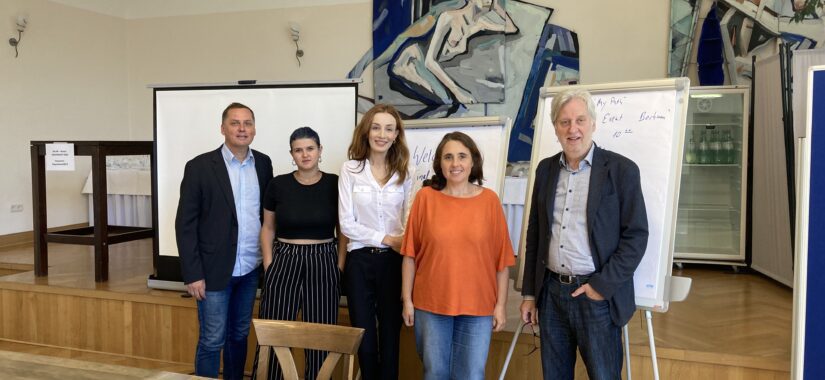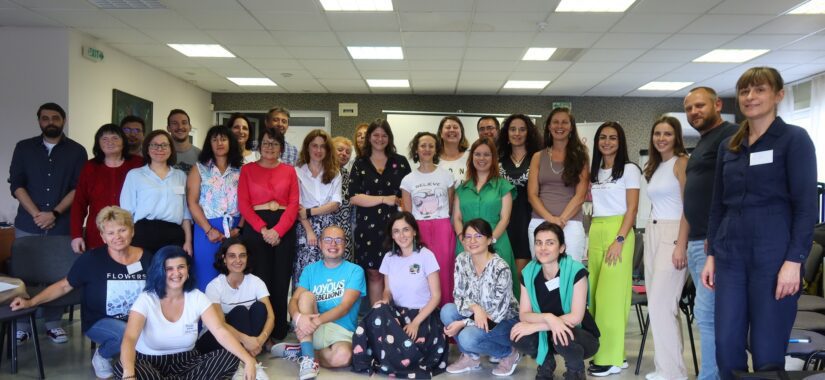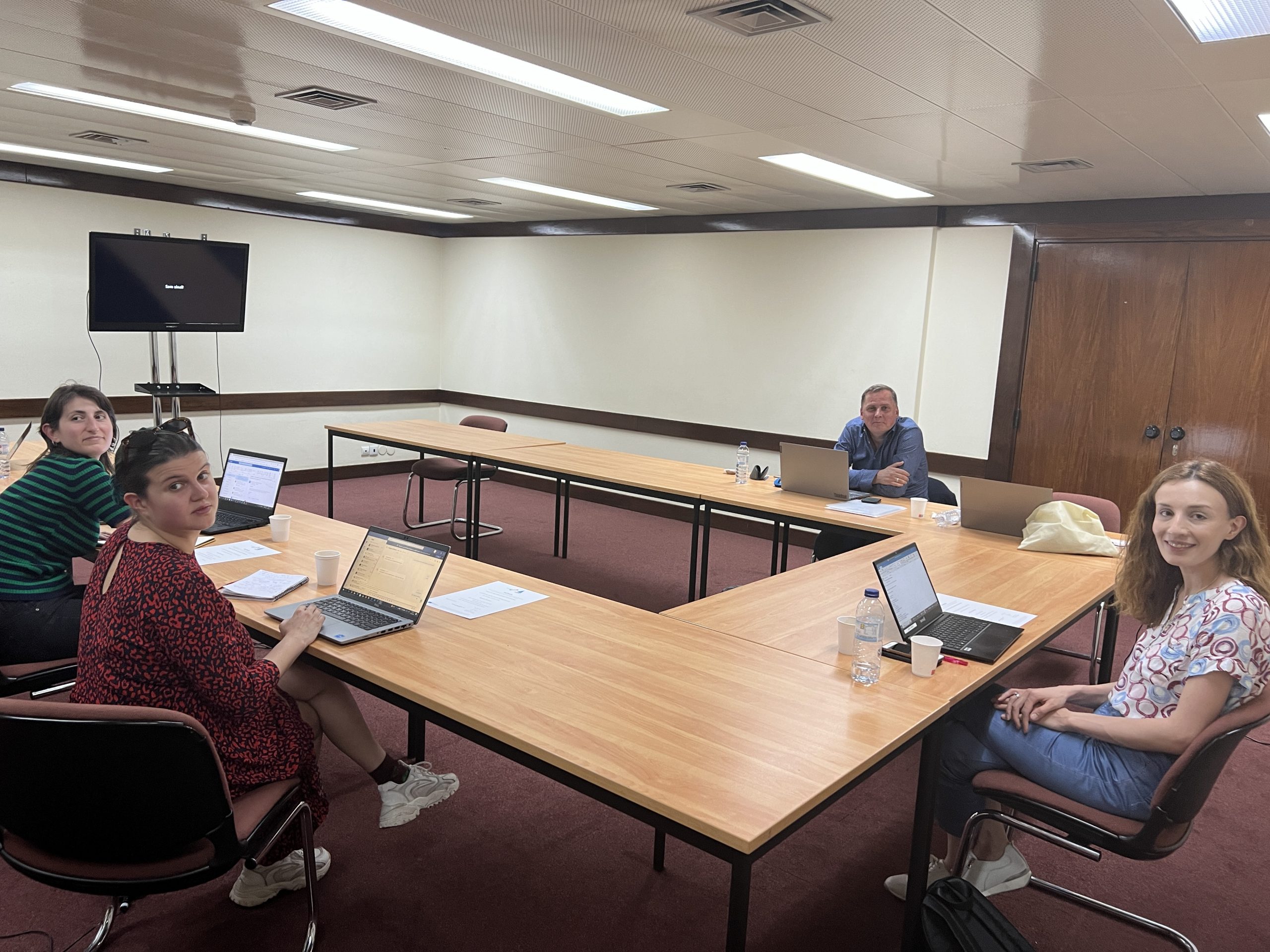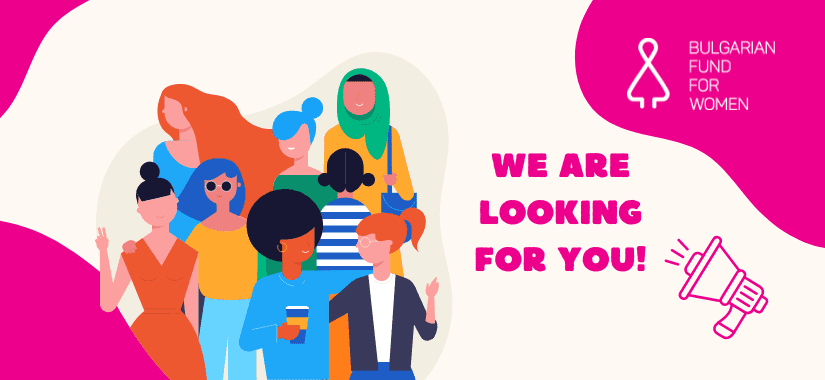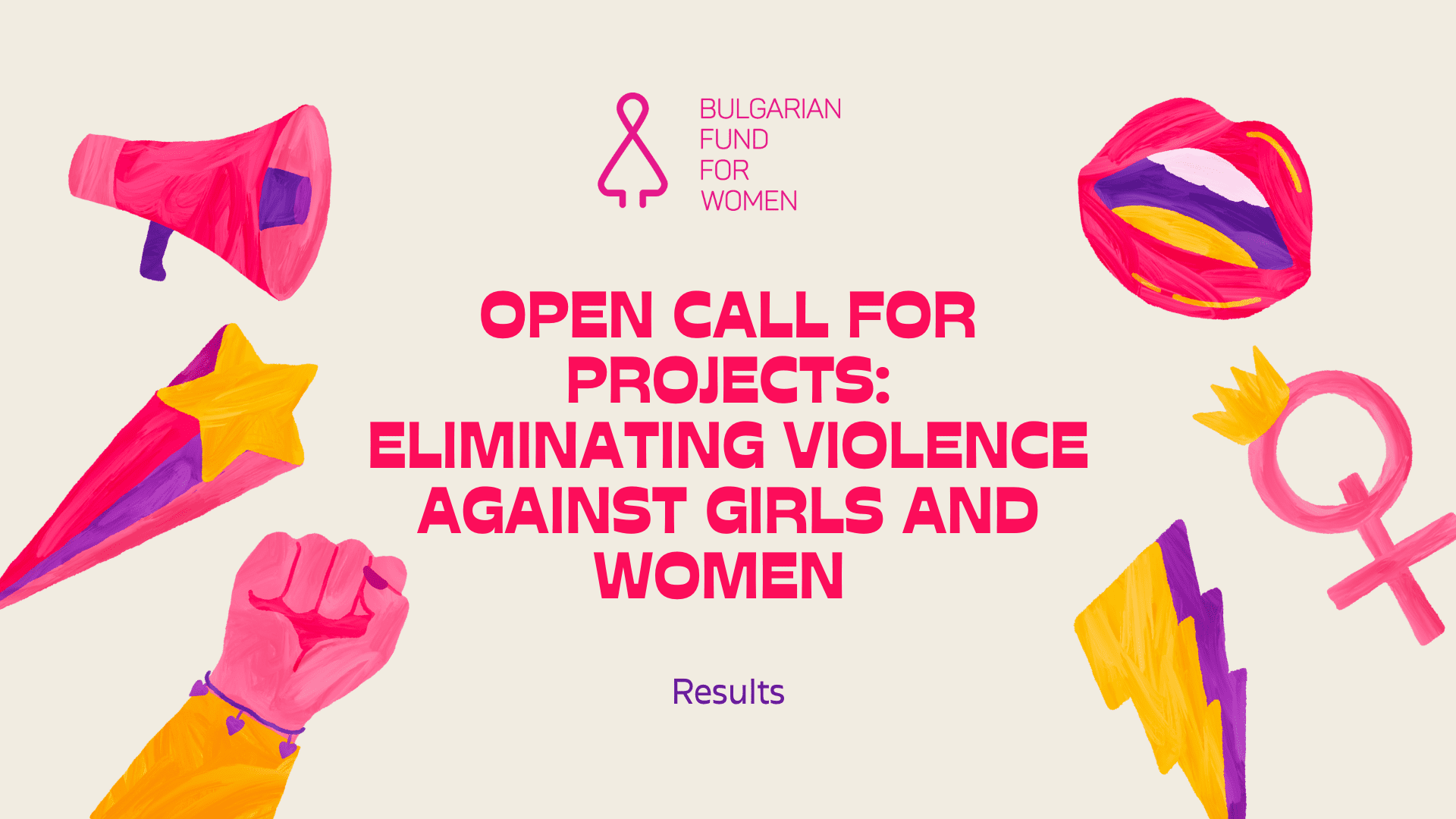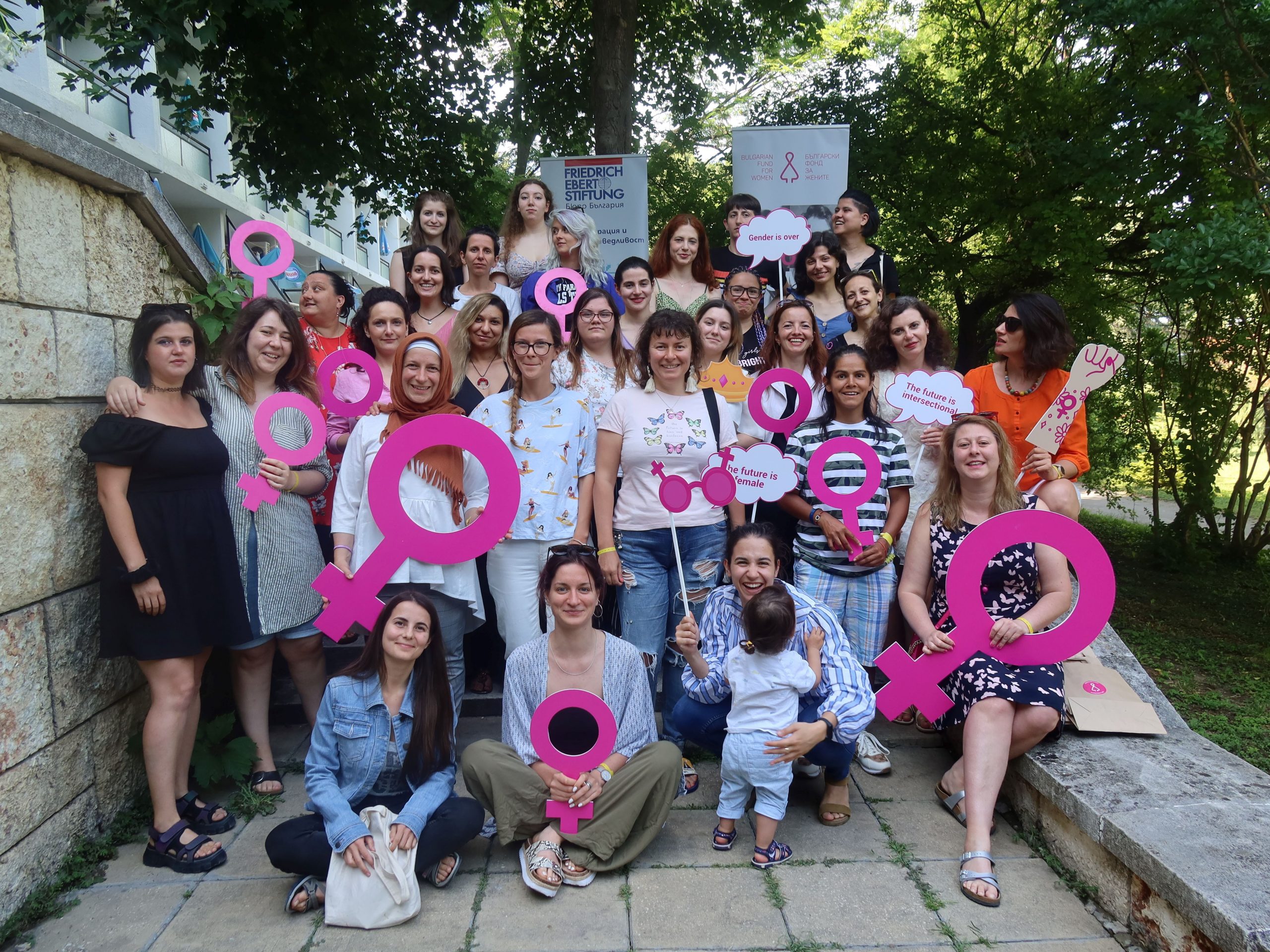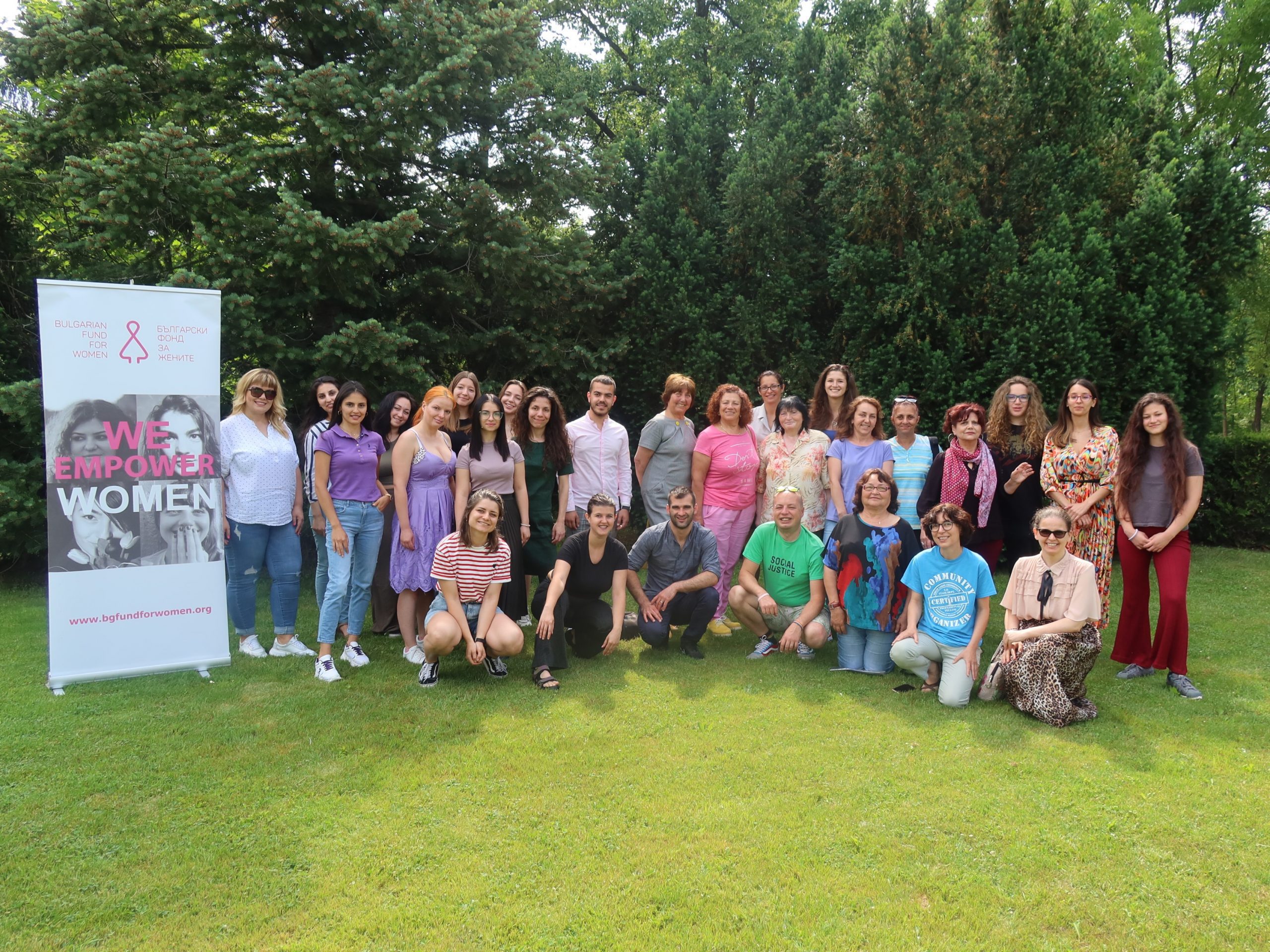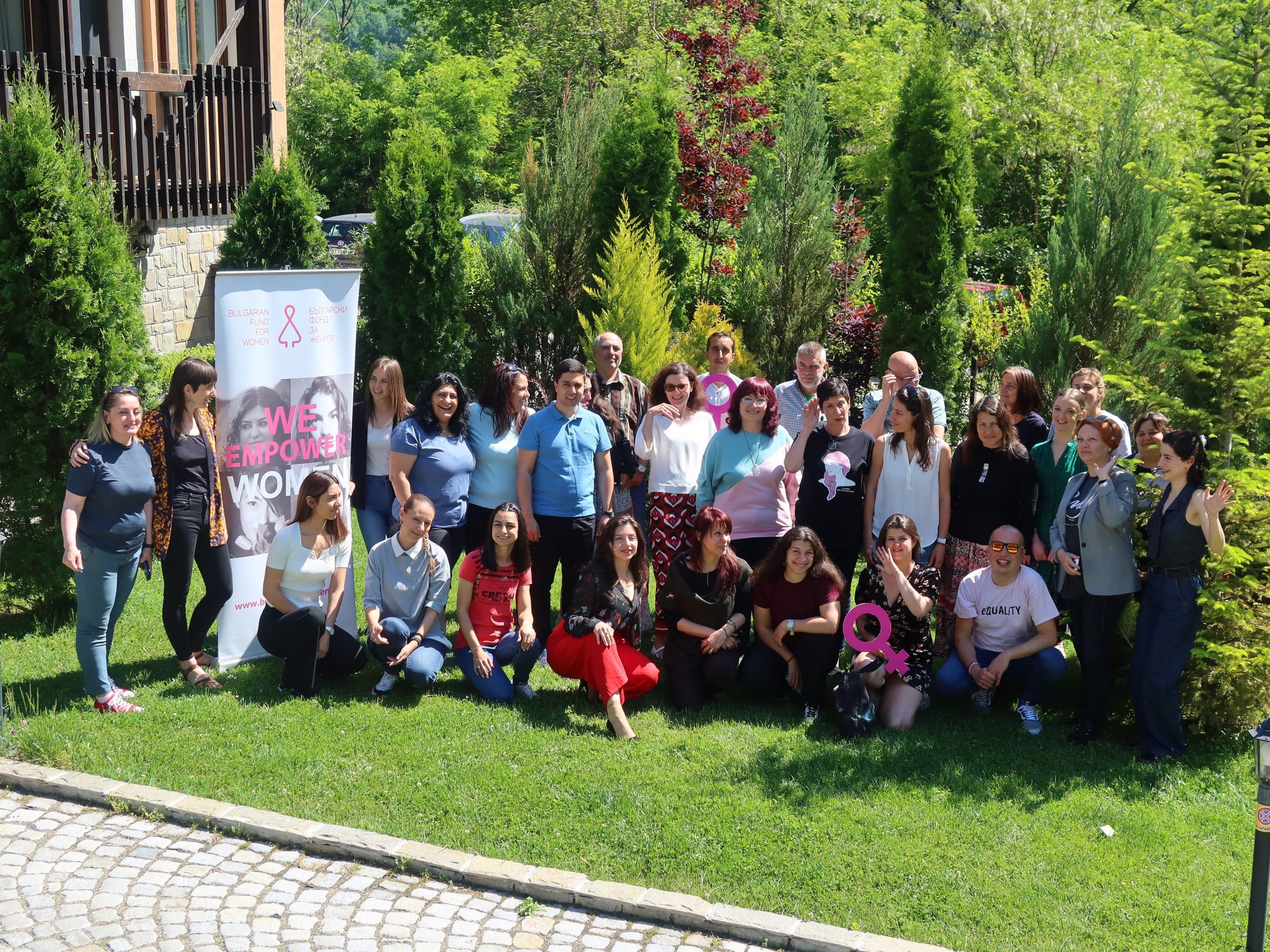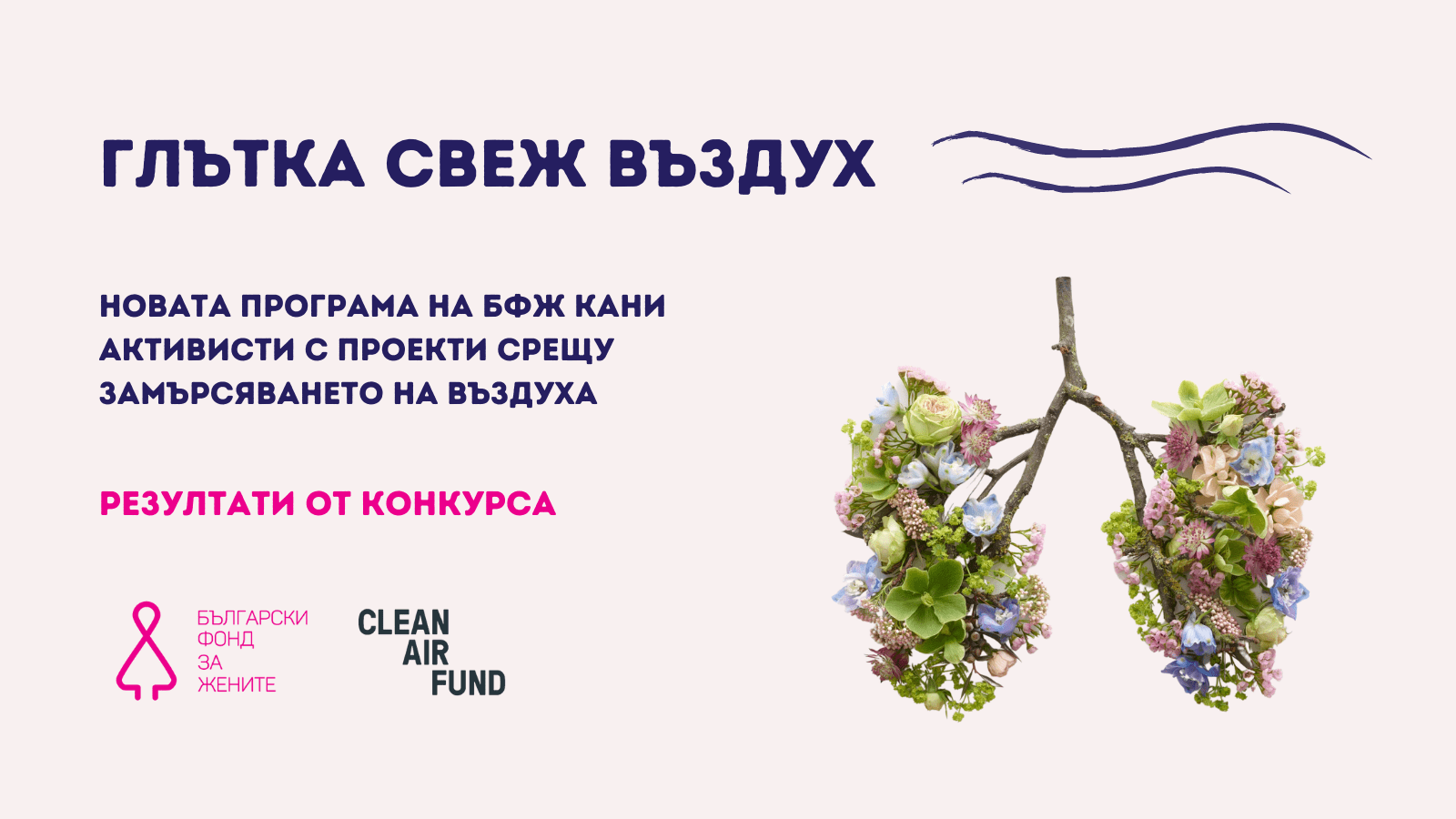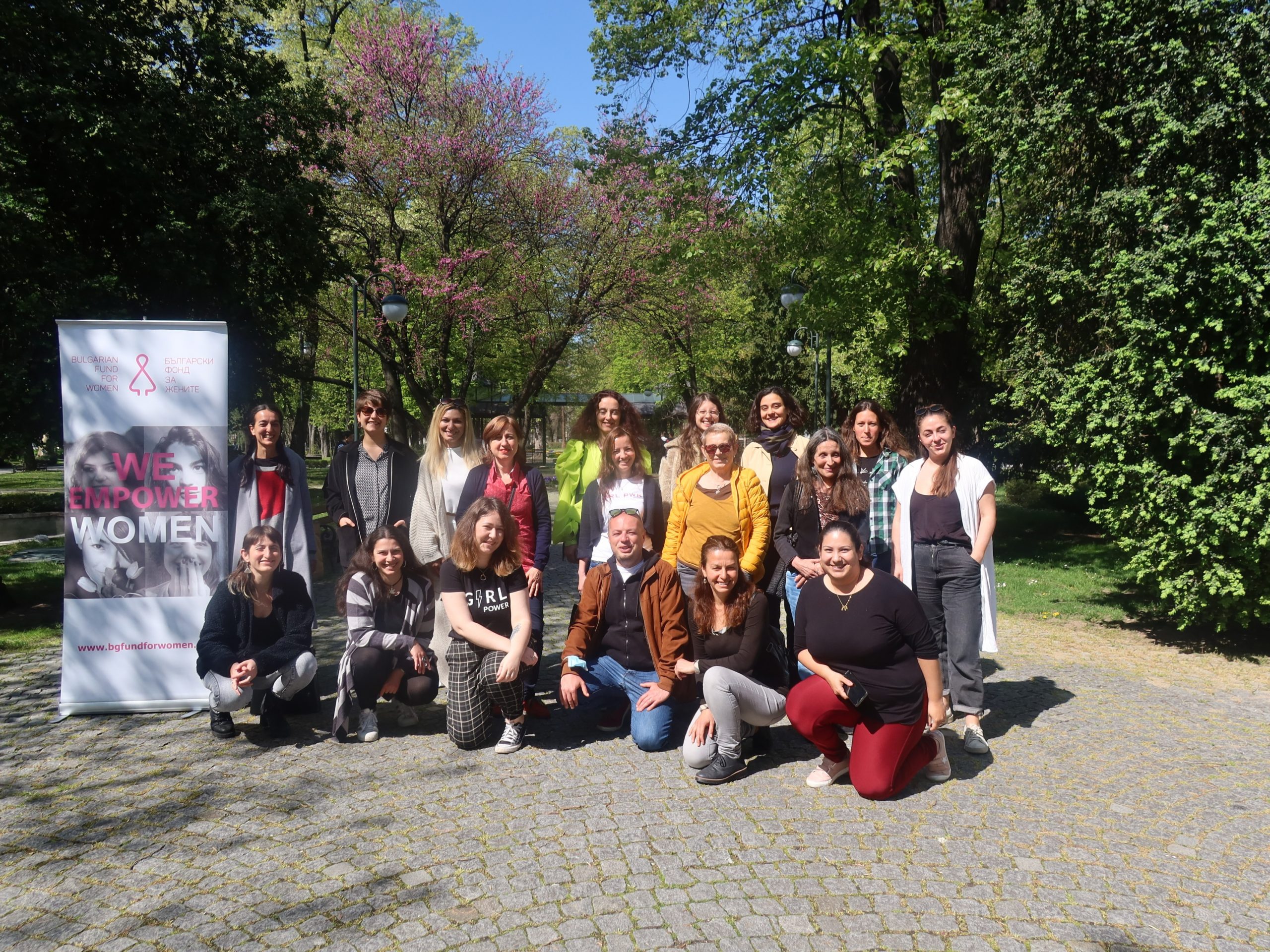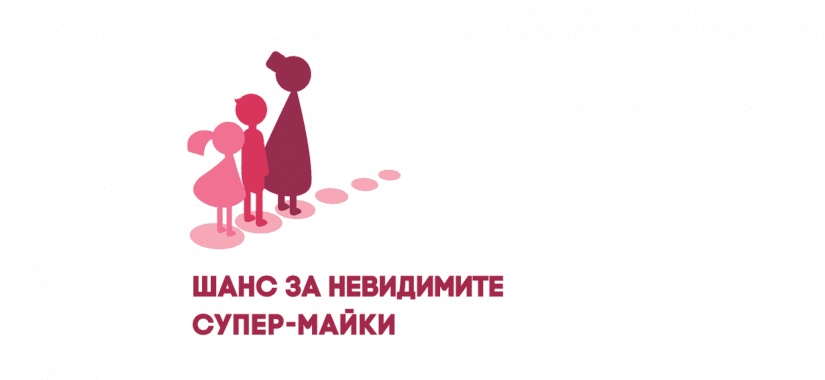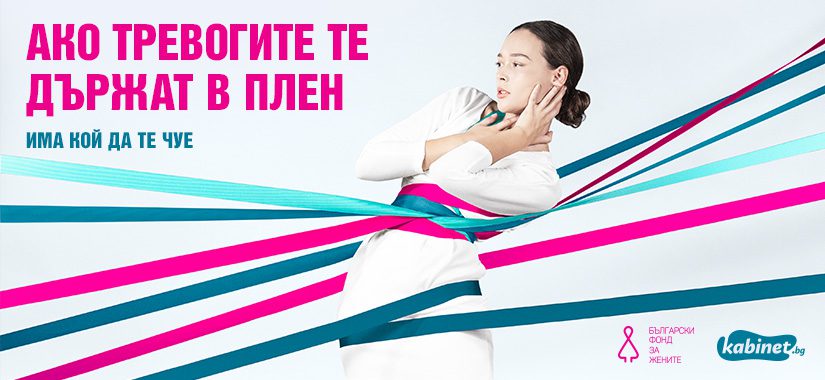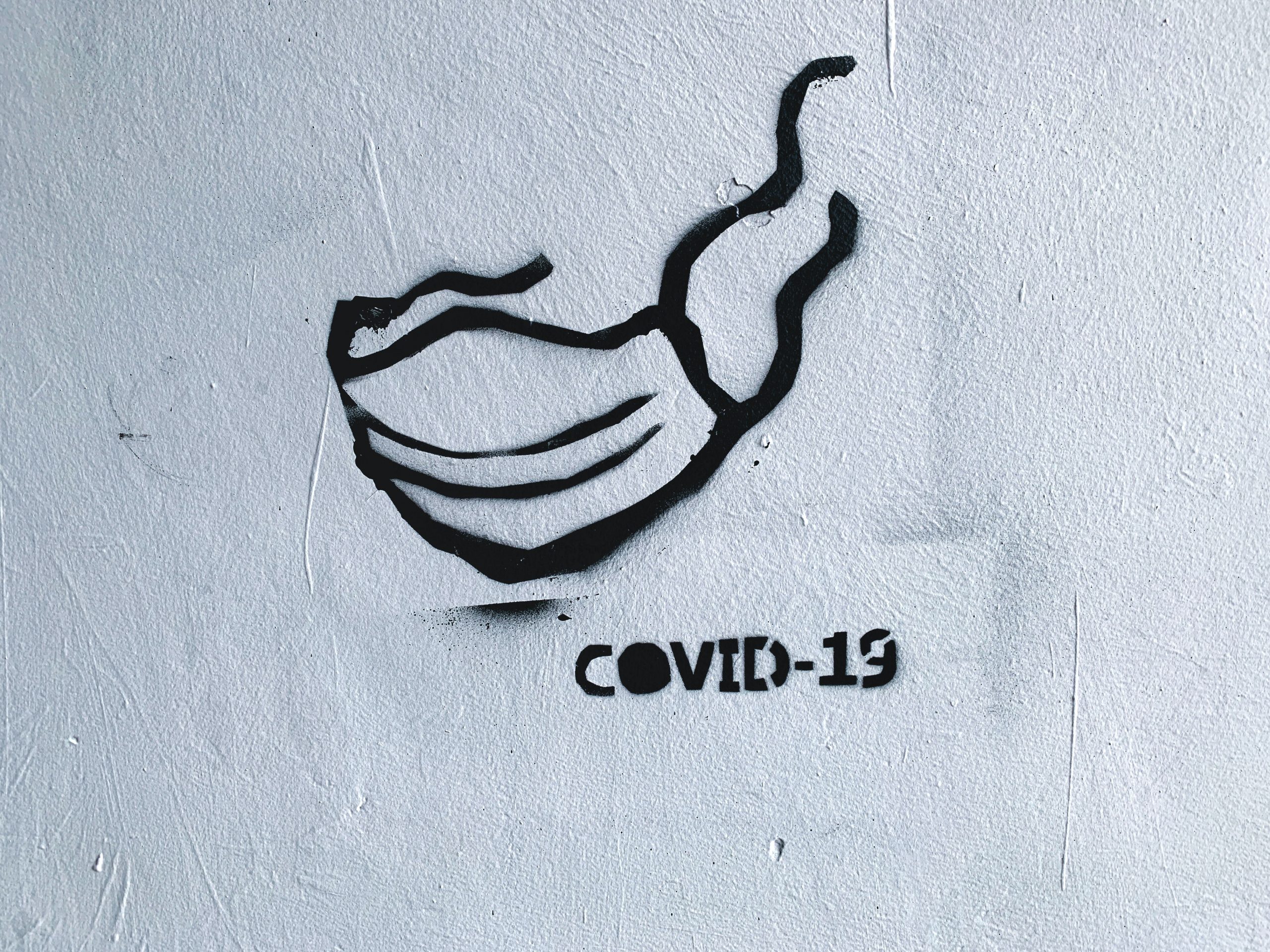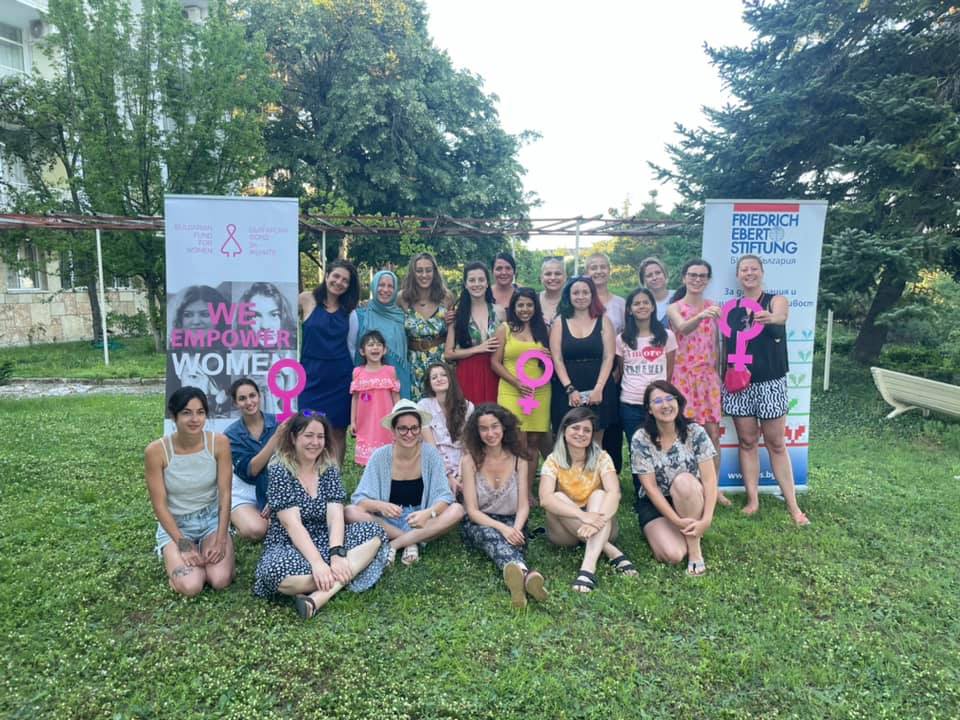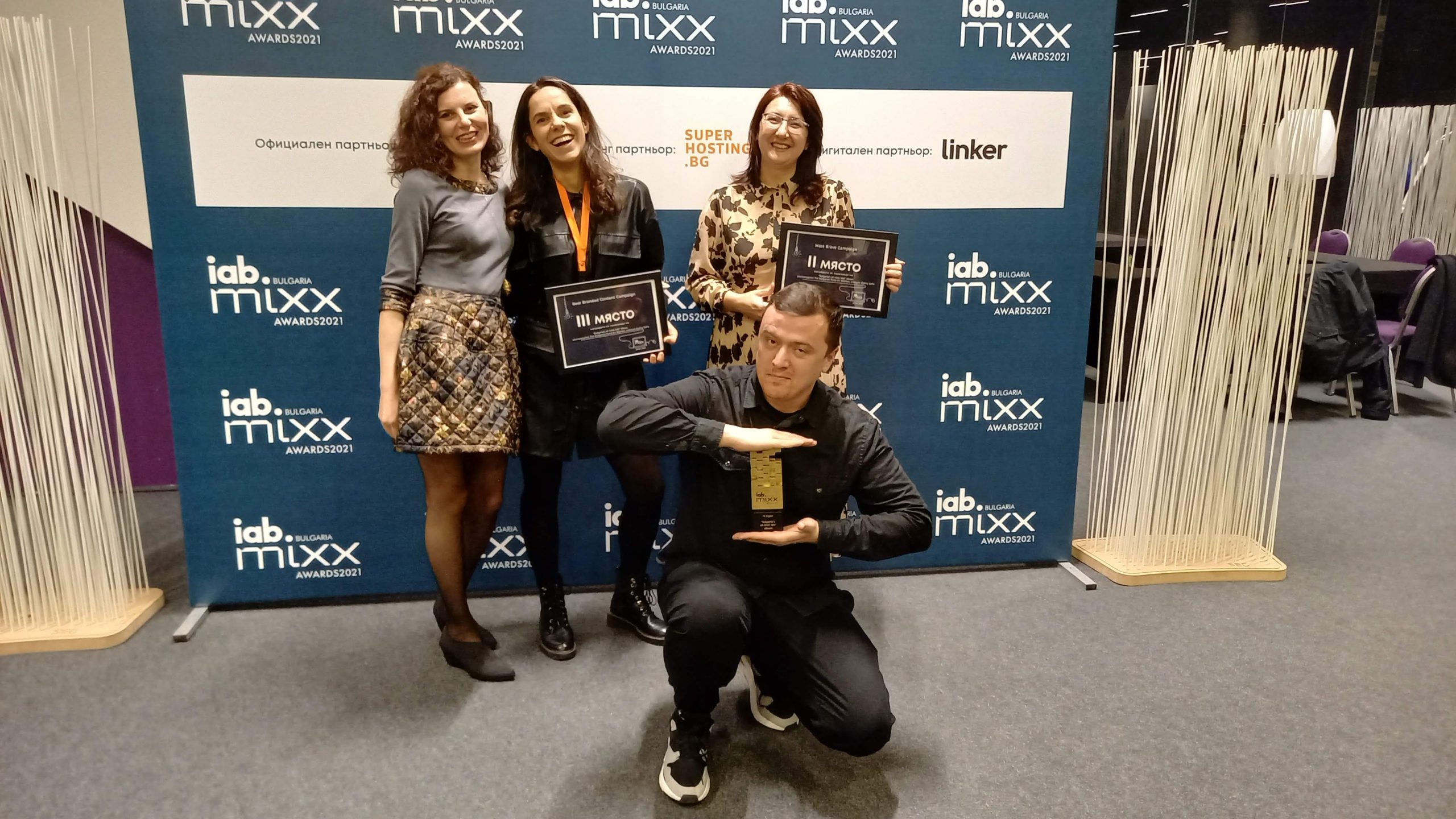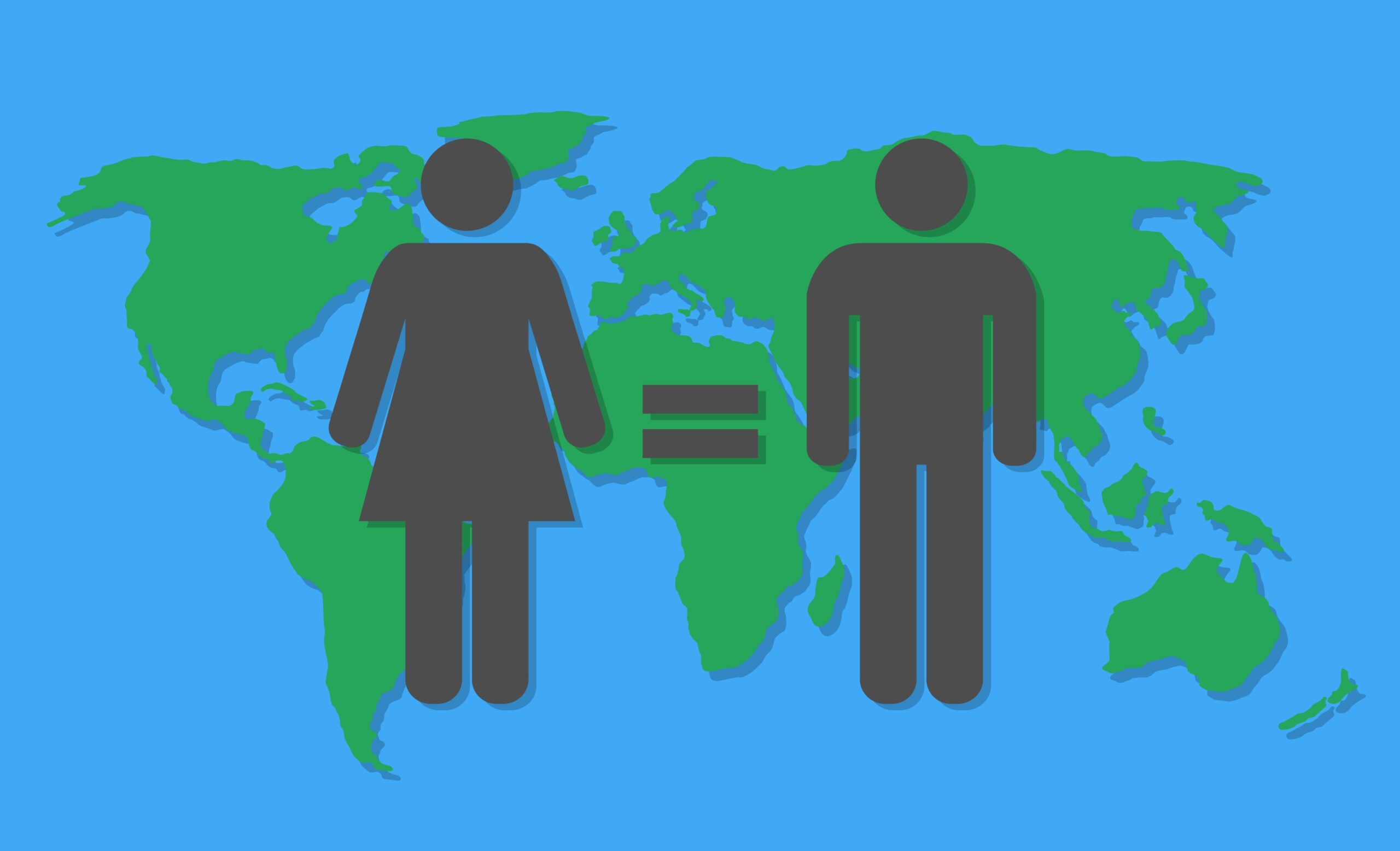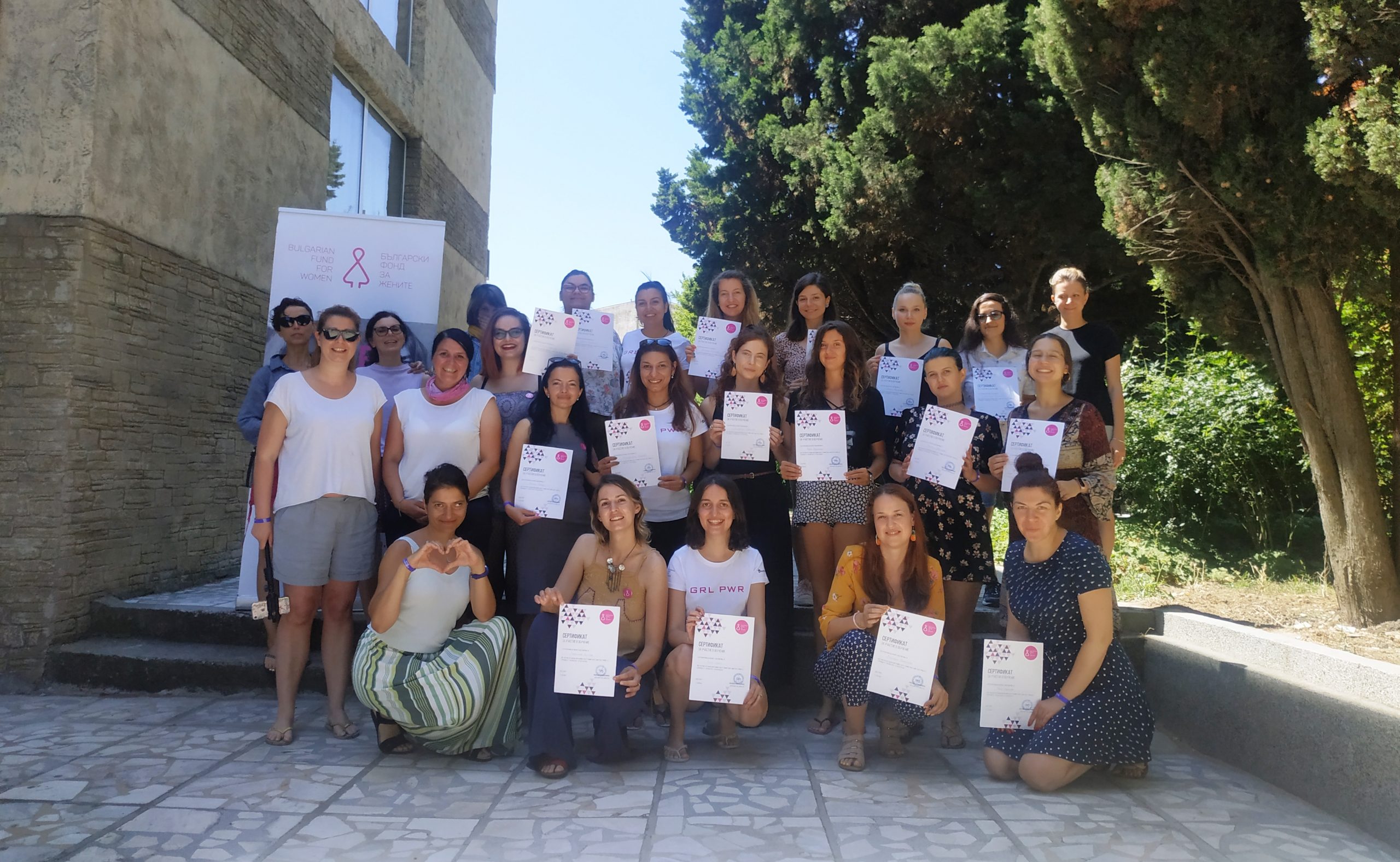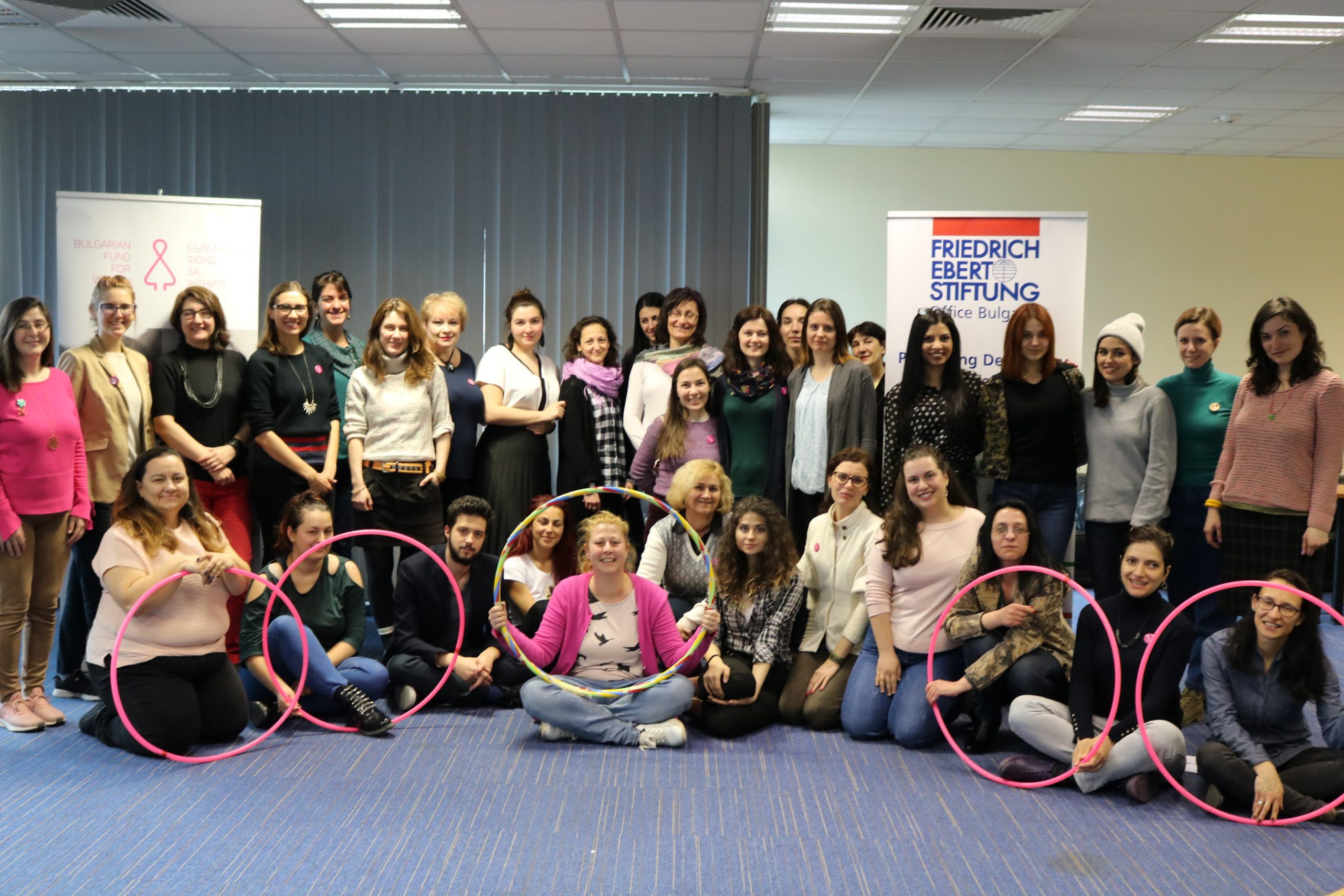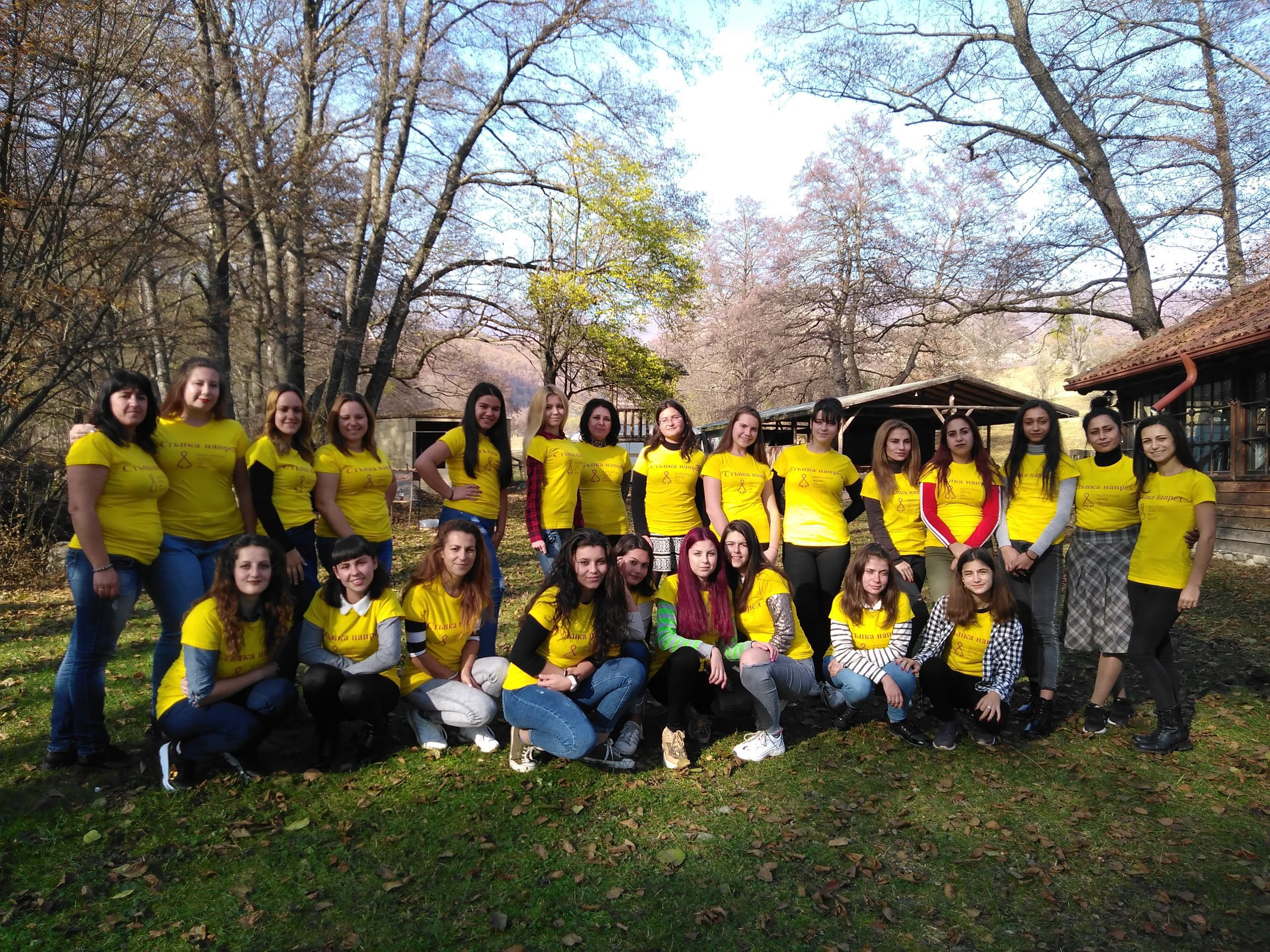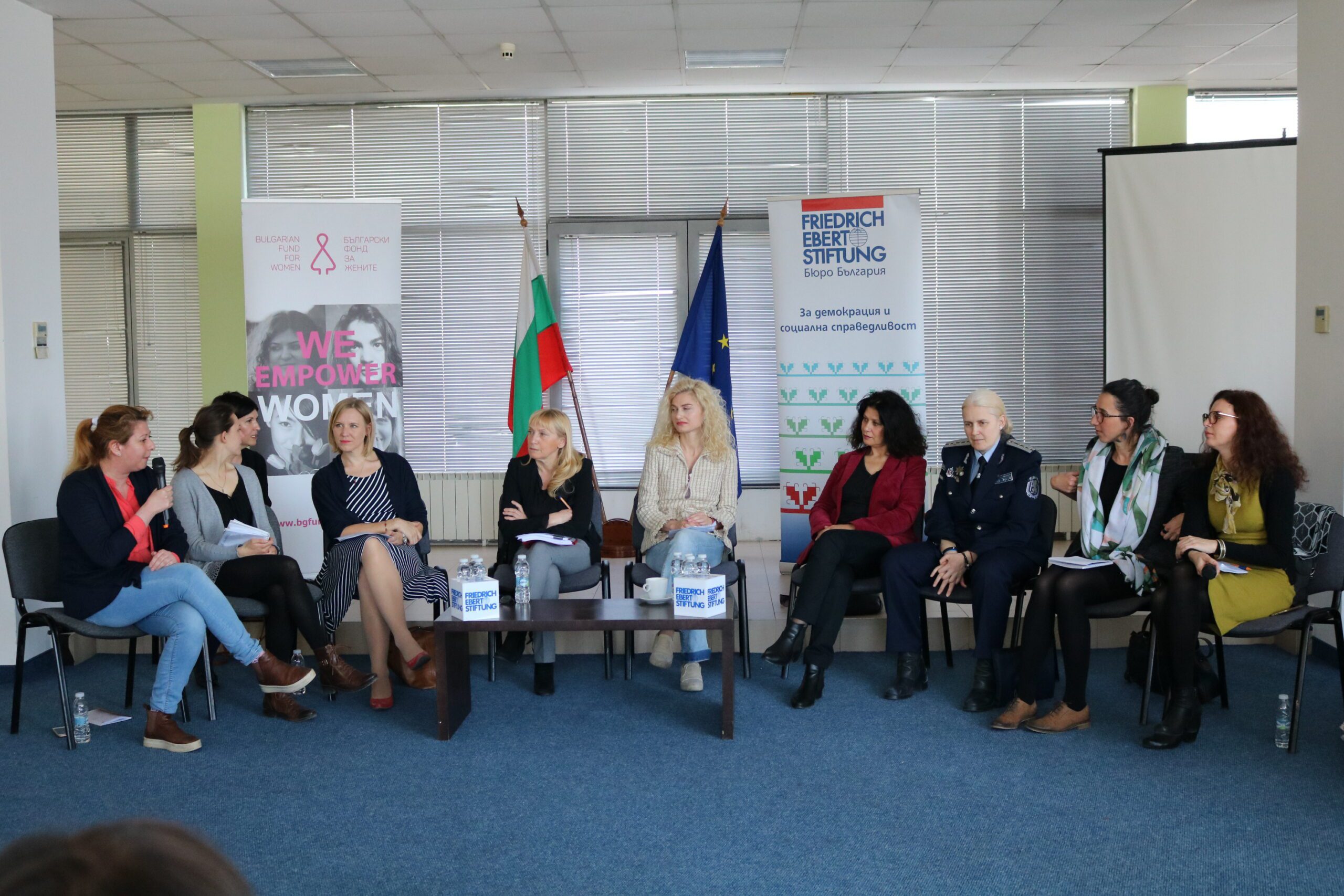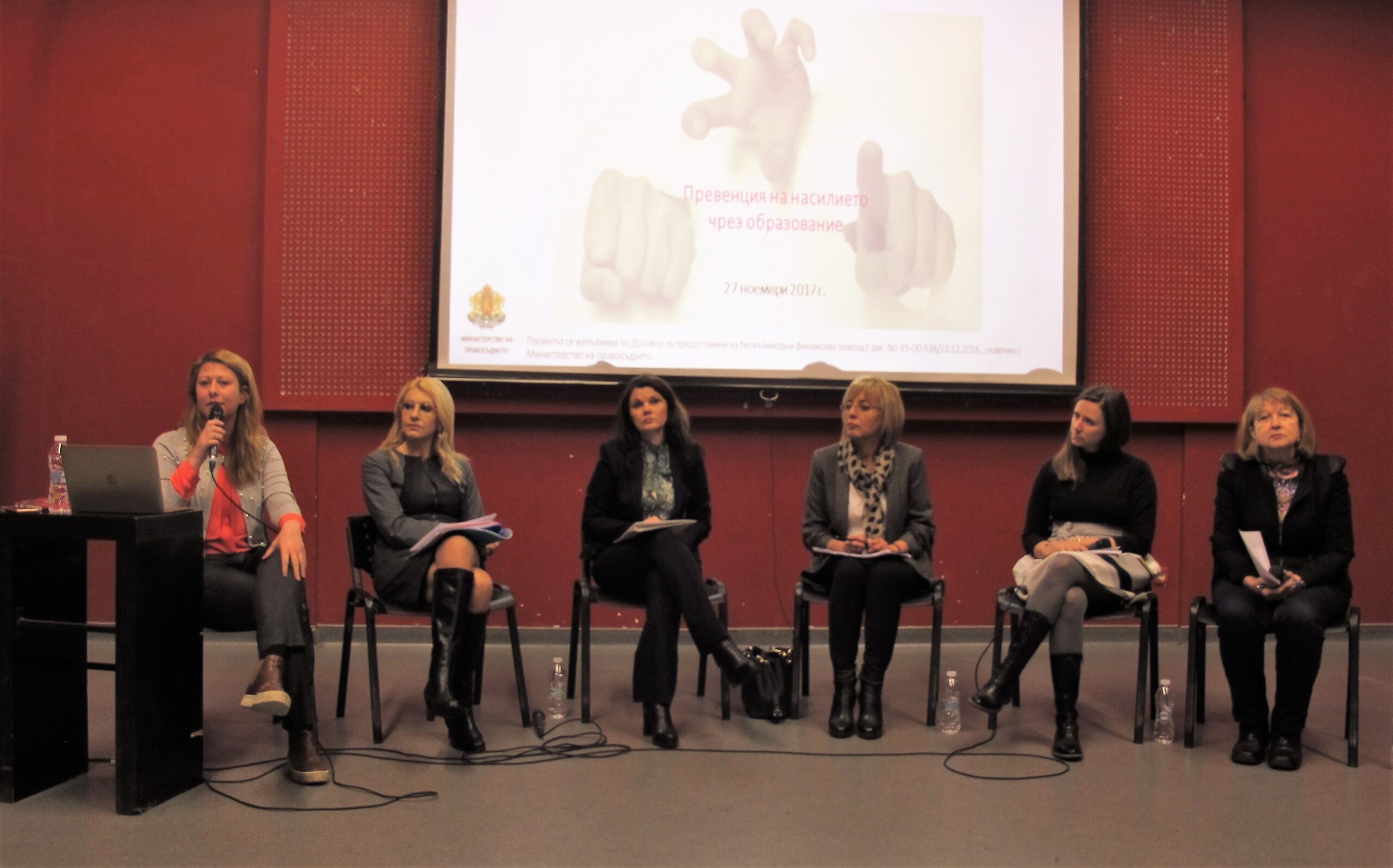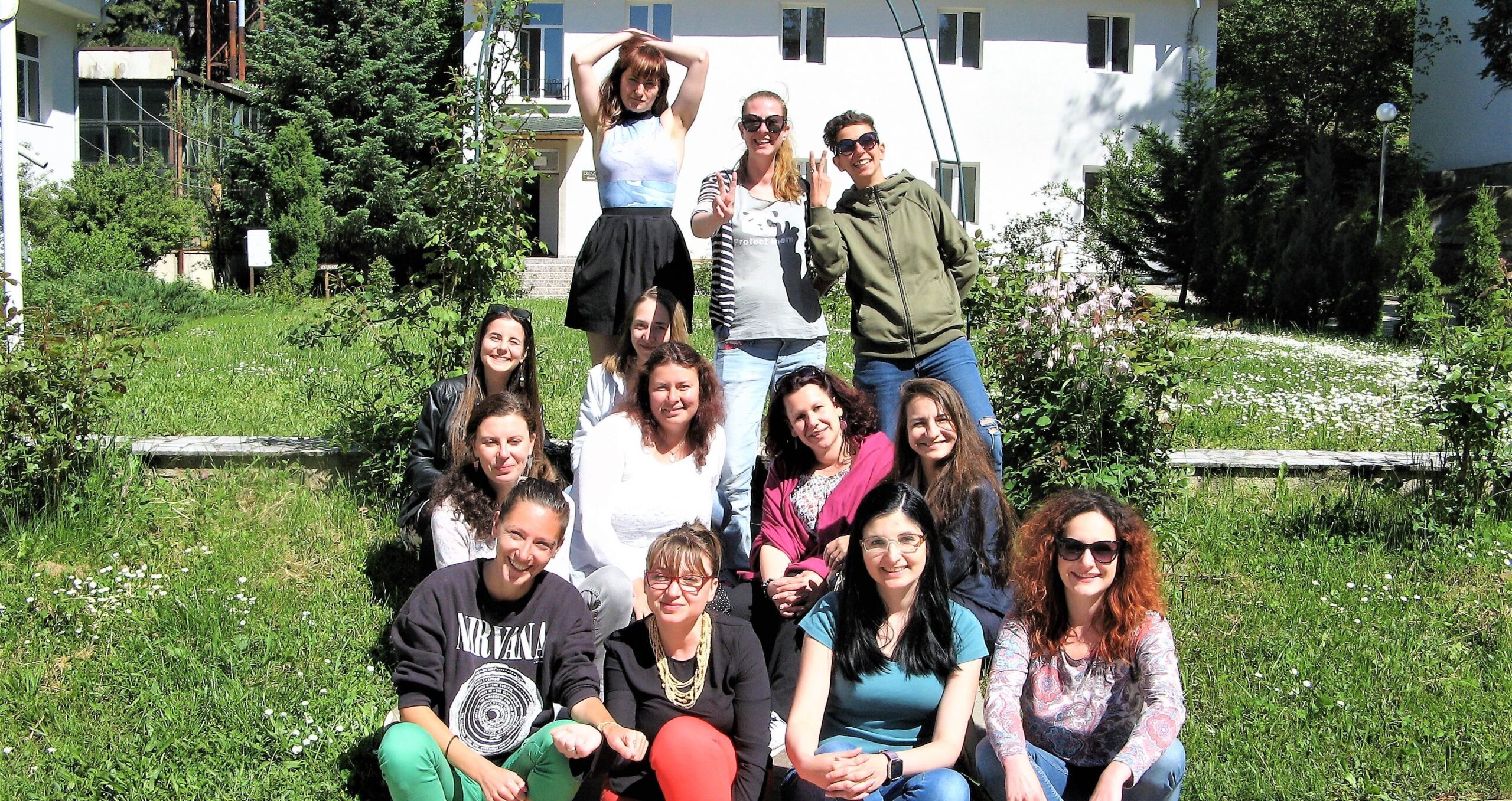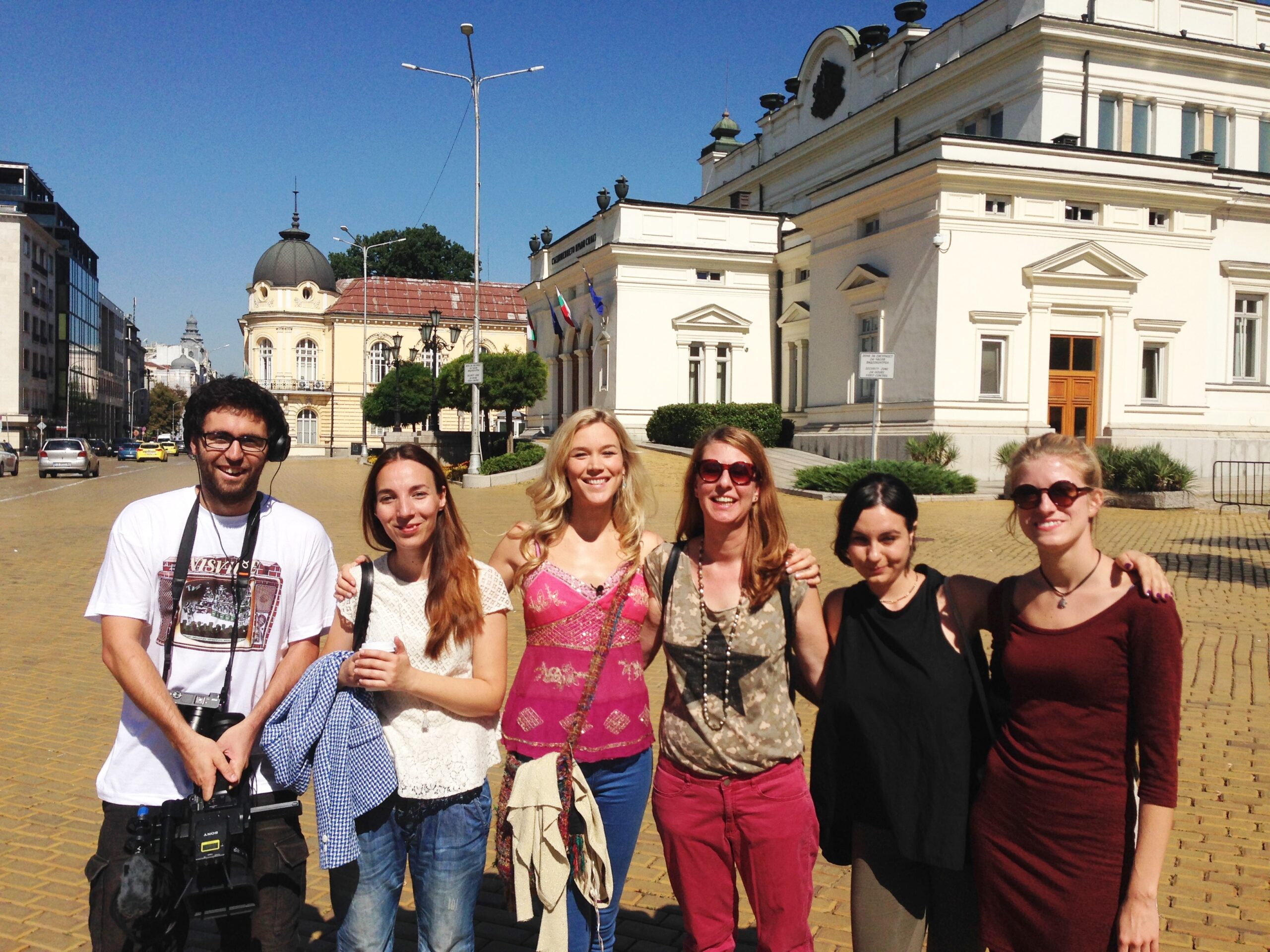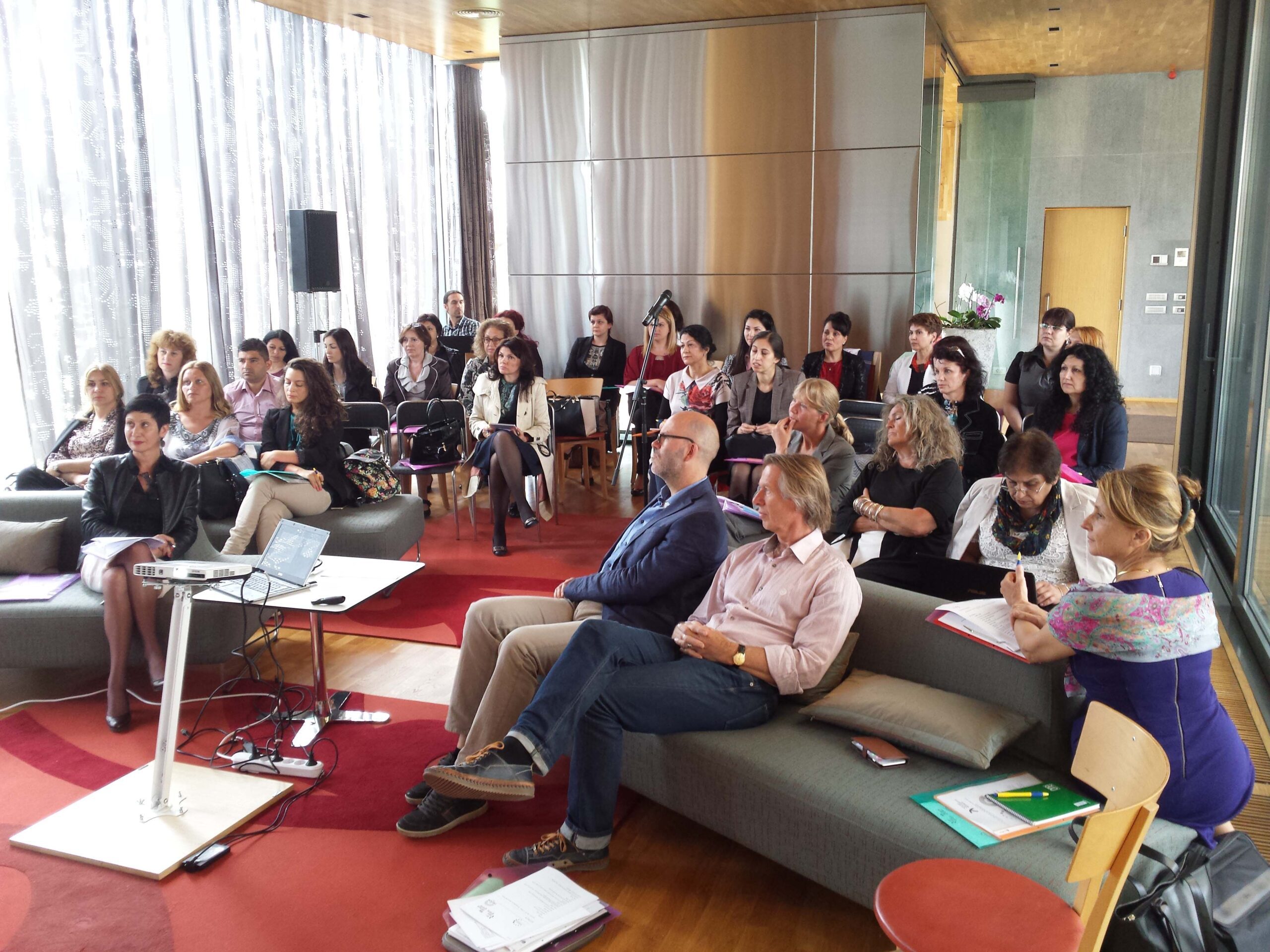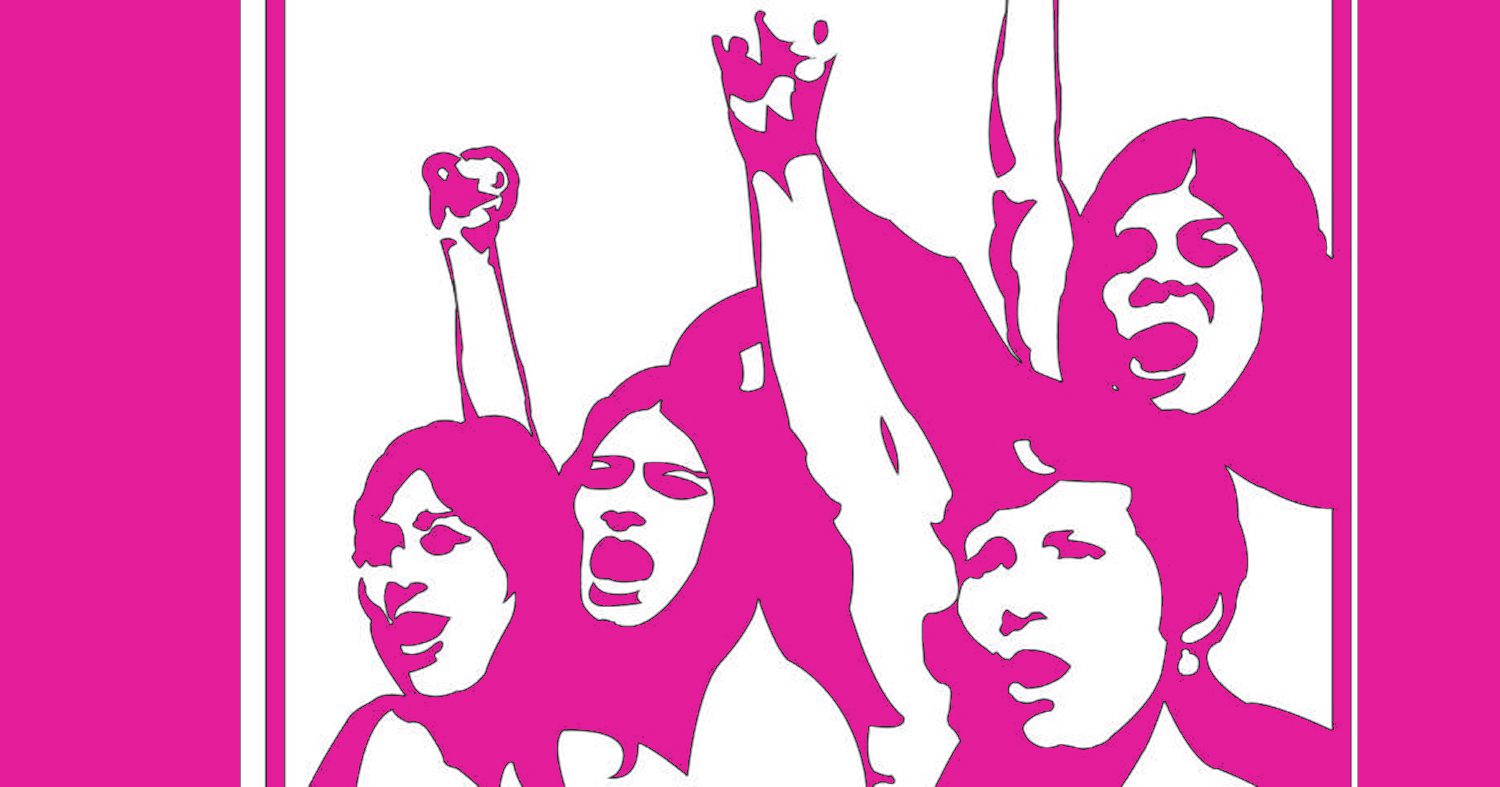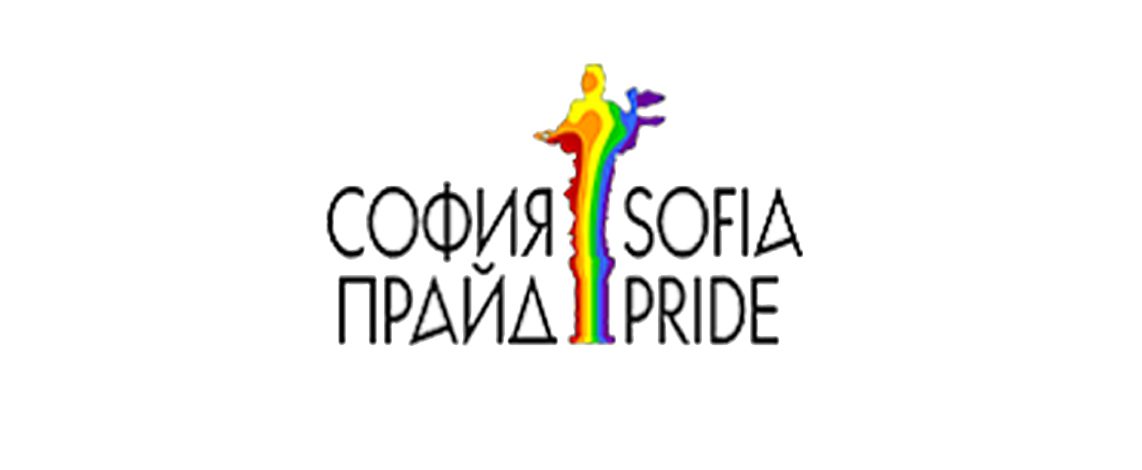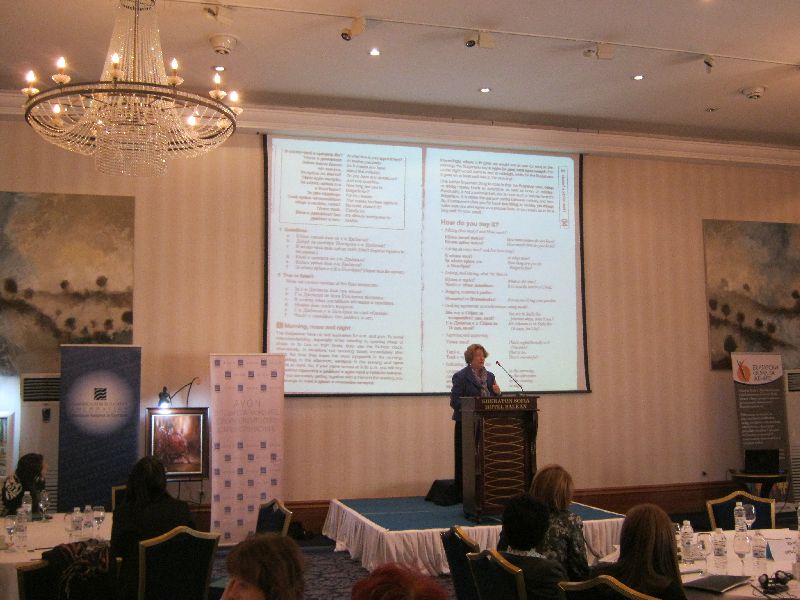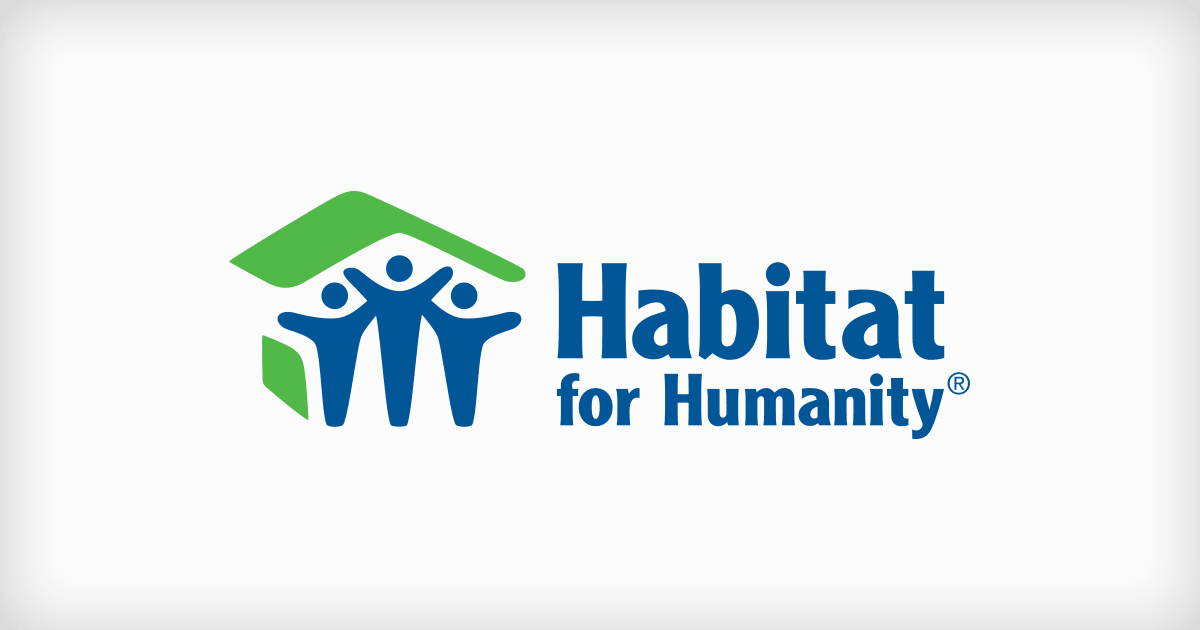Introduction
Sustainable development is an ambitious goal, one that cannot be achieved without addressing a critical component: gender equality and women’s rights and empowerment. This principle has been emphasized by the United Nations and echoed by the European Union. It holds true for all women, including those with migration and ethnic minority backgrounds. However, this group often faces unique challenges, resulting in what is often referred to as a “double disadvantage” – they are disadvantaged both as women and as individuals with migration or ethnic minority backgrounds.
One common experience among skilled women with migration, refugee, and ethnic minority backgrounds is deskilling, where they are often overqualified for the jobs they hold. Additionally, these women are often concentrated in less skilled sectors of the labor market, or in highly masculinized sectors of skilled work. Their potential, skills, and ambitions often remain underutilized and unaddressed.
The consequences of these challenges are profound. Discrimination and social exclusion hinder their ability to assert their rights, leaving them in vulnerable situations characterized by poverty and violence. This perpetuates a cycle of problems that can span generations.
Recognizing the importance of employment in integration and its positive impact on the economy, the European Union has called for the full utilization of the skills and potential of women with migration, refugee, and ethnic minority backgrounds.
In response to these challenges, this handbook offers innovative approaches, methodologies, and techniques to foster the social and labor inclusion of these women. It addresses their specific needs, empowers them, and motivates them through professionals who work with them. The handbook presents interactive, realistic, and sustainable up-skilling methods and models that take into account country and culture-specific characteristics, migration contexts, work-based and experiential learning, and gamification.
Who Can Benefit?
This handbook is intended for use by a wide range of professionals, including:
- Vocational Educational Training (VET) trainers
- Job-coaches
- Social workers
- Policymakers
- Managers with varying levels of awareness and knowledge
- Migration specialists and advisors
The handbook aims to move beyond the traditional “integration-course” approach and contribute to a more sustained and effective integration policy and practice for women with migration, refugee, and ethnic minority backgrounds. Its goal is to empower and support the inclusion of these women in the labor market, thereby achieving their empowerment and integration in all sectors of society.
Rationale and Purpose of the Handbook
he handbook establishes a framework for an innovative and sustainable VET training program based on research and strategies that ensure practical, lifelong skills and competencies. It equips professional facilitators with practical and personalized material and techniques to enhance the efficiency and productivity of skilled women with migration, refugee, and ethnic minority backgrounds.
The handbook’s construction is based on various recommendations, including the 2020 Council Recommendation on VET, which emphasizes the demands of the labor market and the necessity of work-based training. It also considers the Osnabrück Declaration 2020, highlighting the importance of digital transformation. The handbook incorporates the European Framework for the Digital Competence of Educators to empower trainers with strategies and skills to innovate education and training.
Using the Handbook
In developing the handbook, researchers considered analyses and reports from the European Centre for the Development of Vocational Training to understand VET and labor market trends, transitions, and needs. Needs analysis and success story analysis were also conducted in four countries: Austria, Bulgaria, Germany, and Portugal.
The resulting handbook is organized into four blocks:
- Block 1: Models for career development
- Block 2: Labor market-related skills and competencies
- Block 3: Models for emotional intelligence
- Block 4: Developing/improving cognitive skills
Each training block aims to ensure specific learning outcomes, providing knowledge, skills, and competencies that enable participants to expand their professional and socio-cultural horizons. Each block consists of two sections: a theoretical framework and a practical part that includes hands-on sessions and exercises to foster creativity, confidence building, and improved self-esteem among the target group.
Additionally, the handbook includes Assessment Tools and Checklists in the appendix to help practitioners identify participants’ backgrounds and expectations. This information can then be used to develop customized and personalized courses that meet their specific needs.
In conclusion, this handbook represents a significant step toward the empowerment and inclusion of skilled women with migration, refugee, and ethnic minority backgrounds in the labor market. By providing innovative approaches and practical strategies, it aims to break the cycle of disadvantage and help these women fully realize their potential and contribute positively to society and the economy.
Find the Training Kit for Trainers HERE.
This project was funded with support from the European Commission. This publication reflects the views only of the author, and the Commission cannot be held responsible for any use which may be made of the information contained herein.
